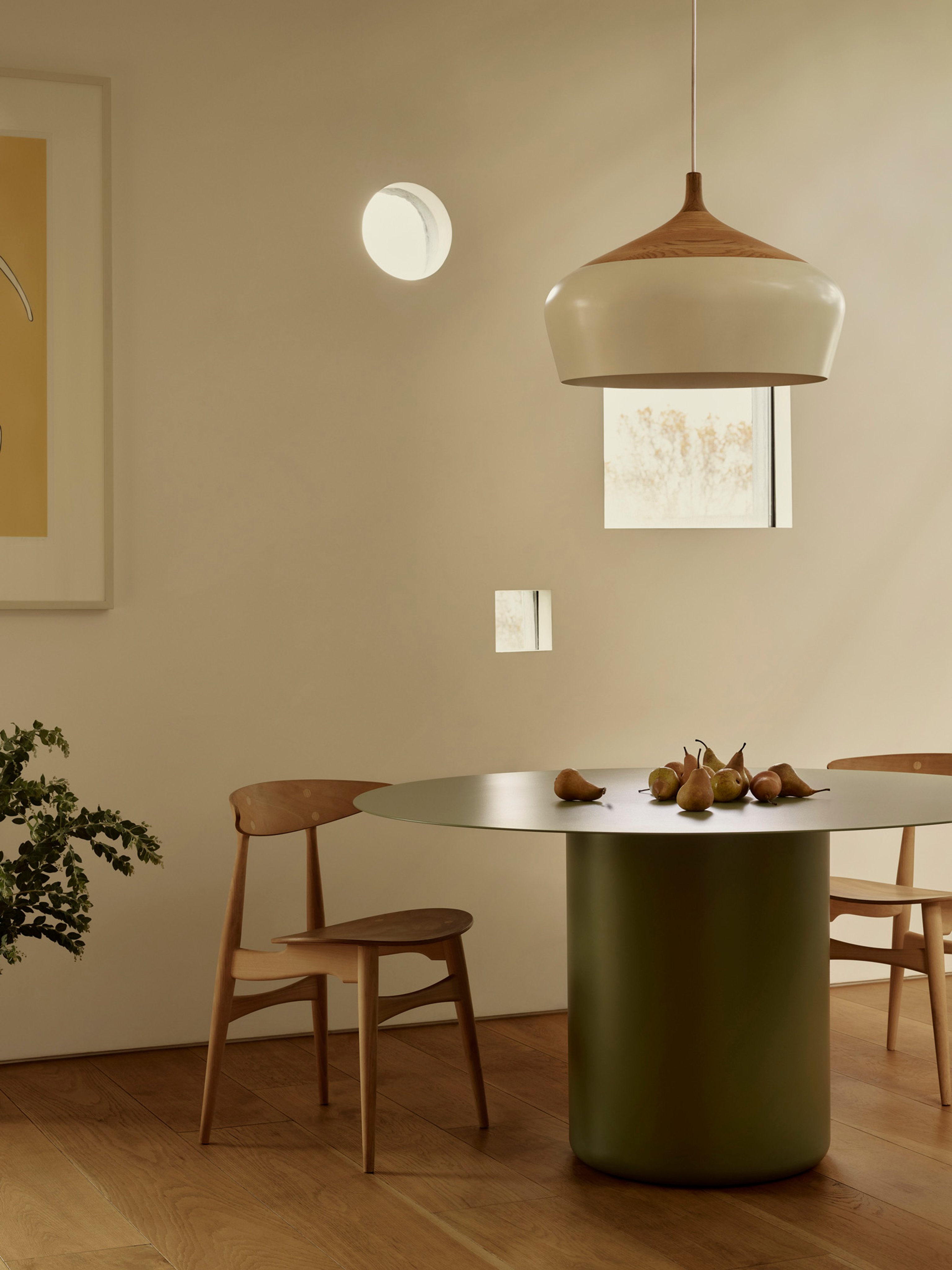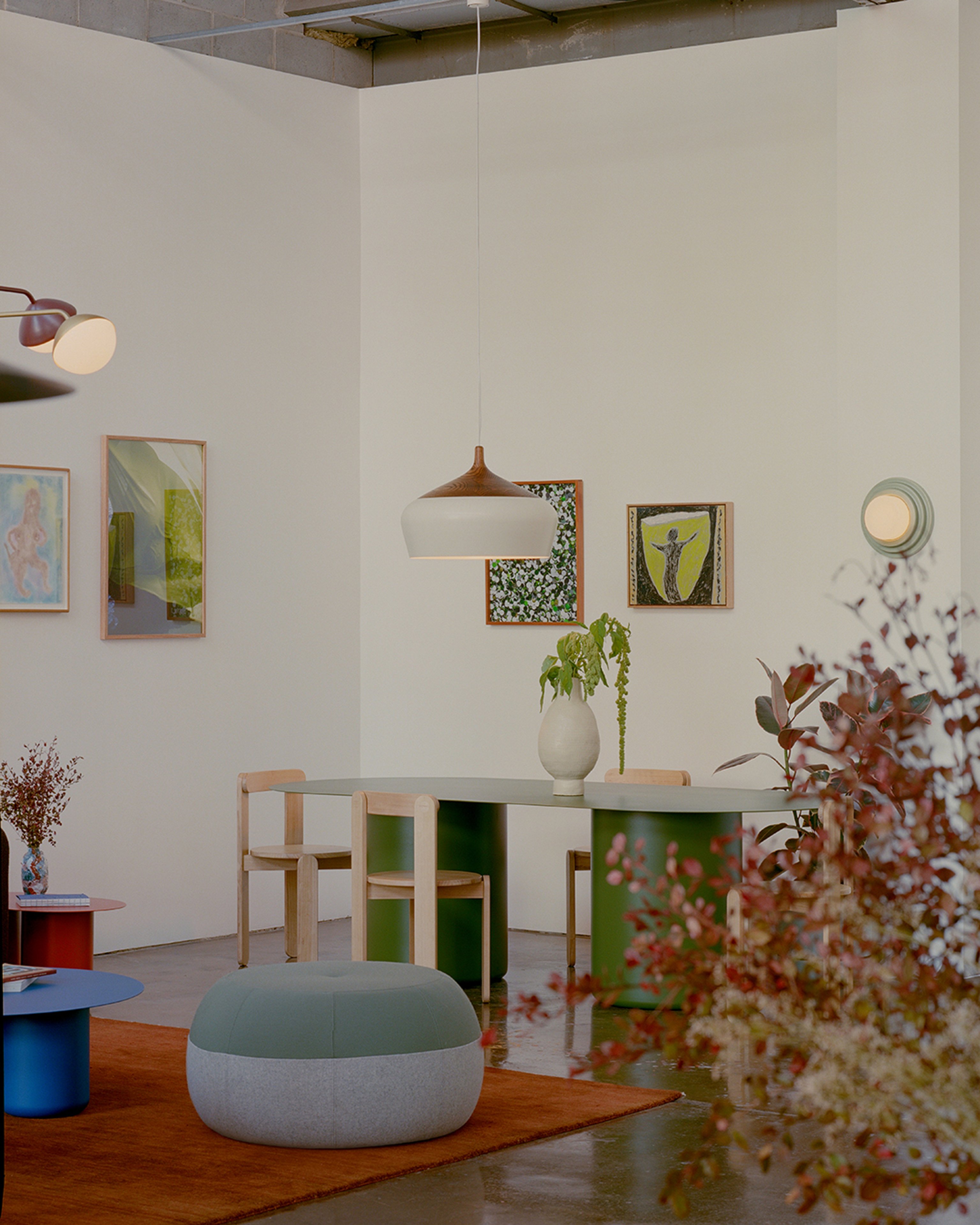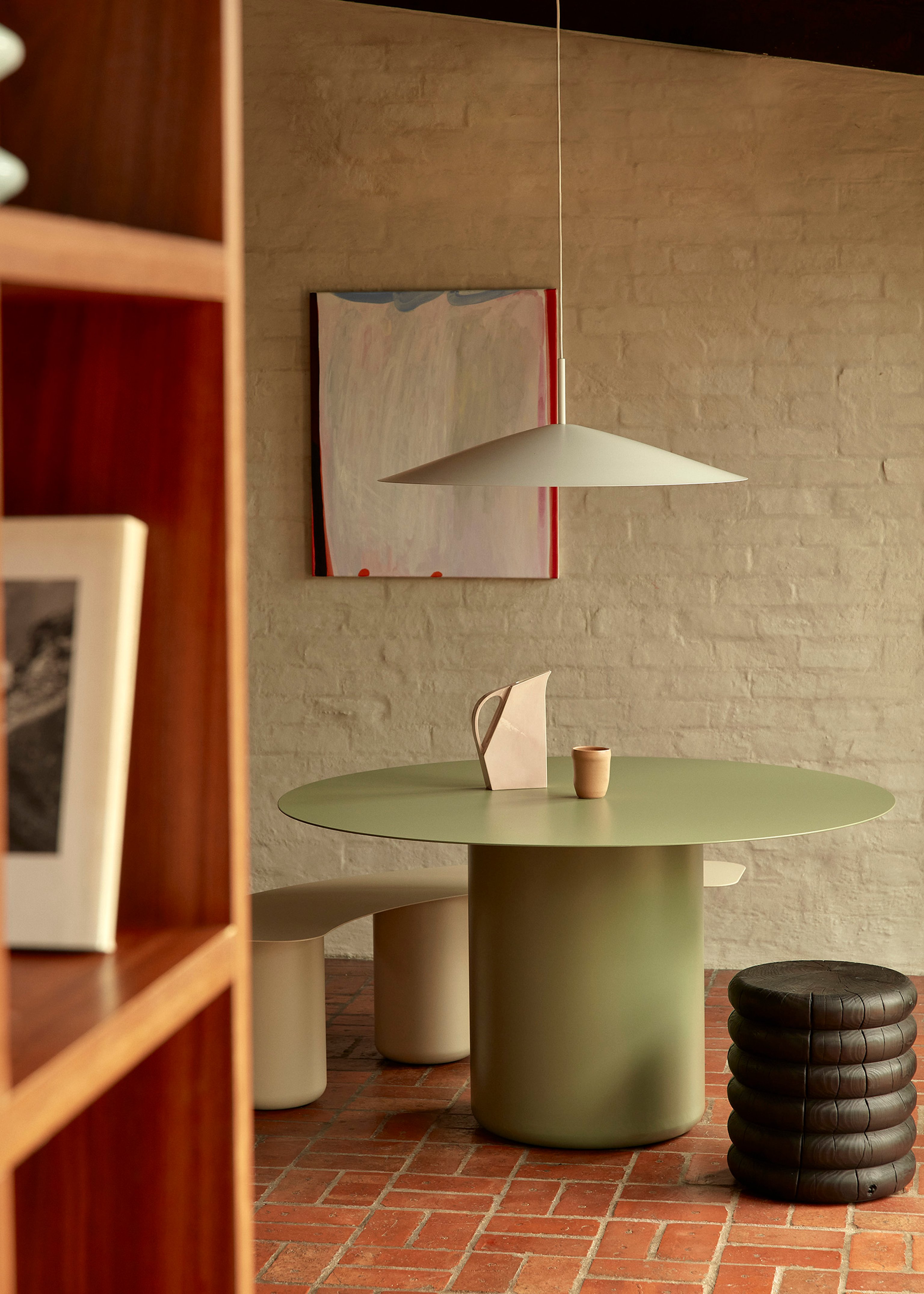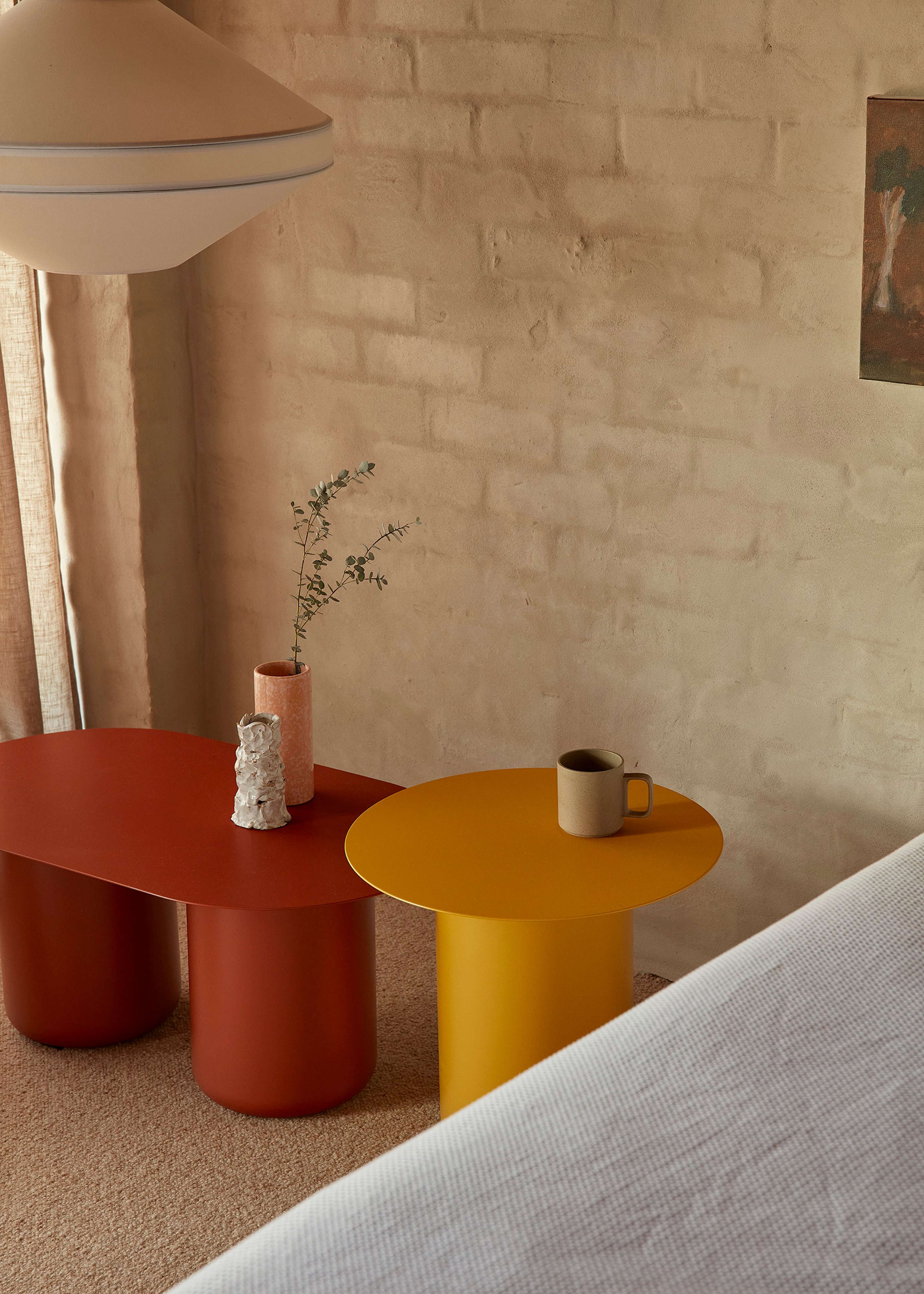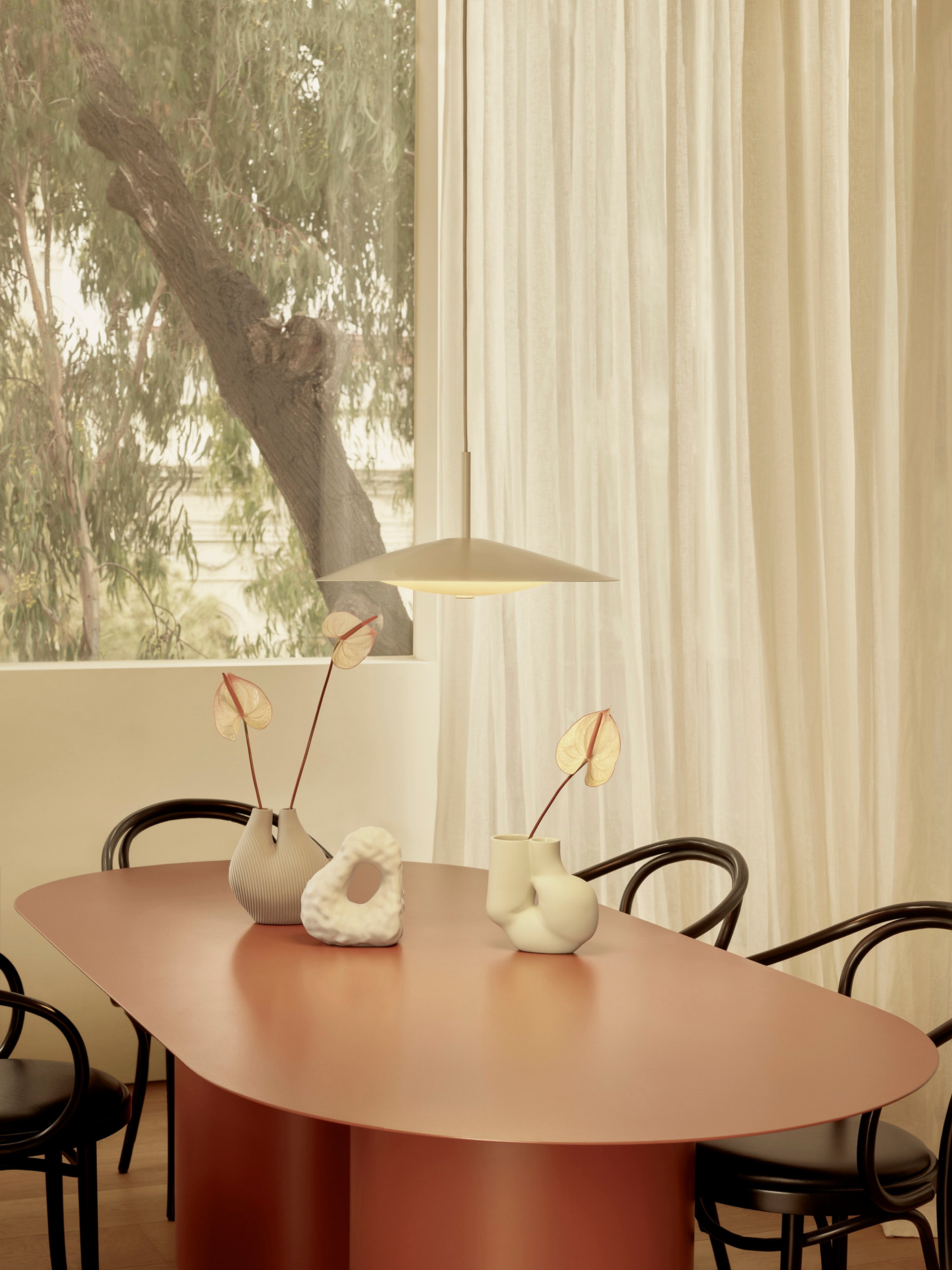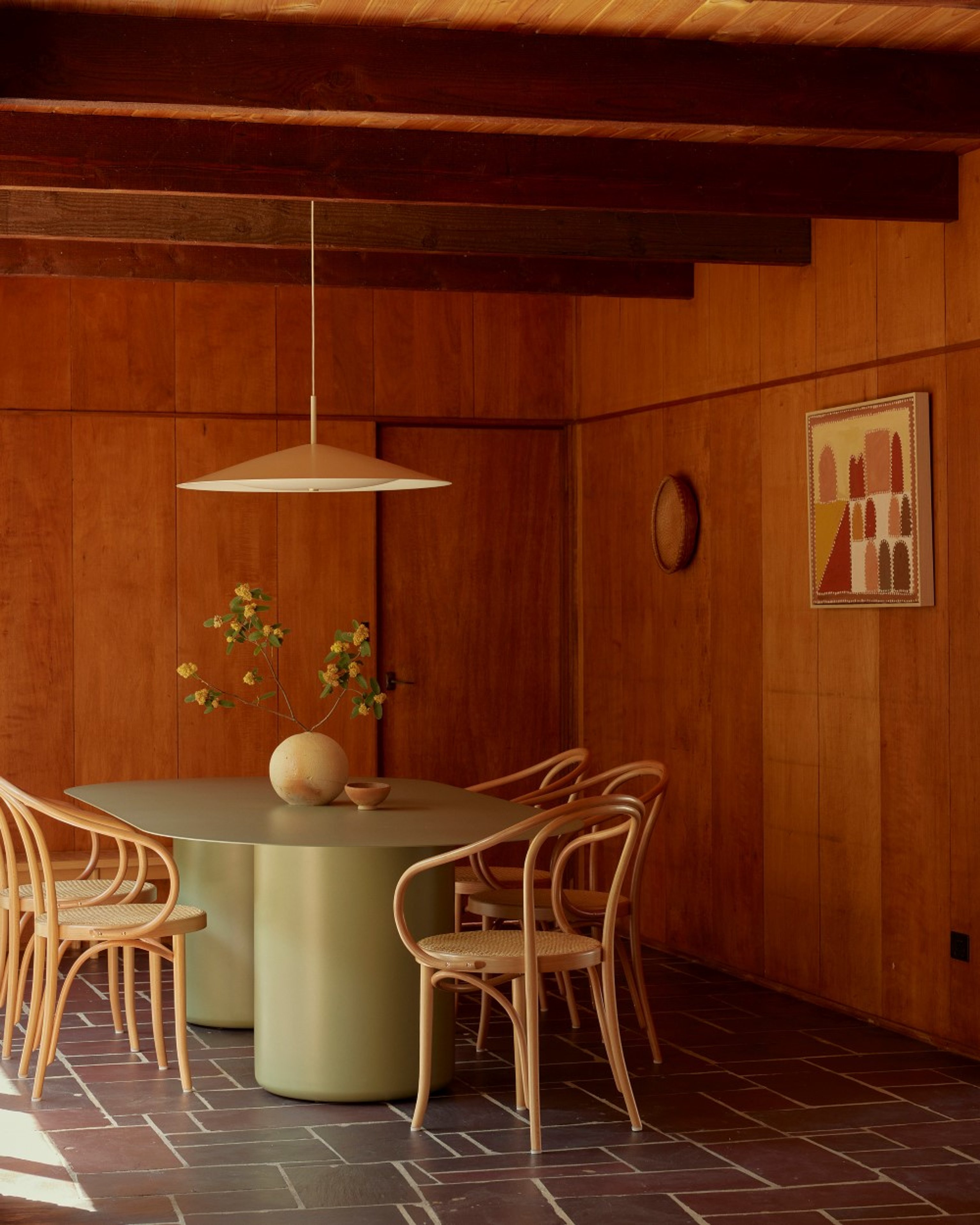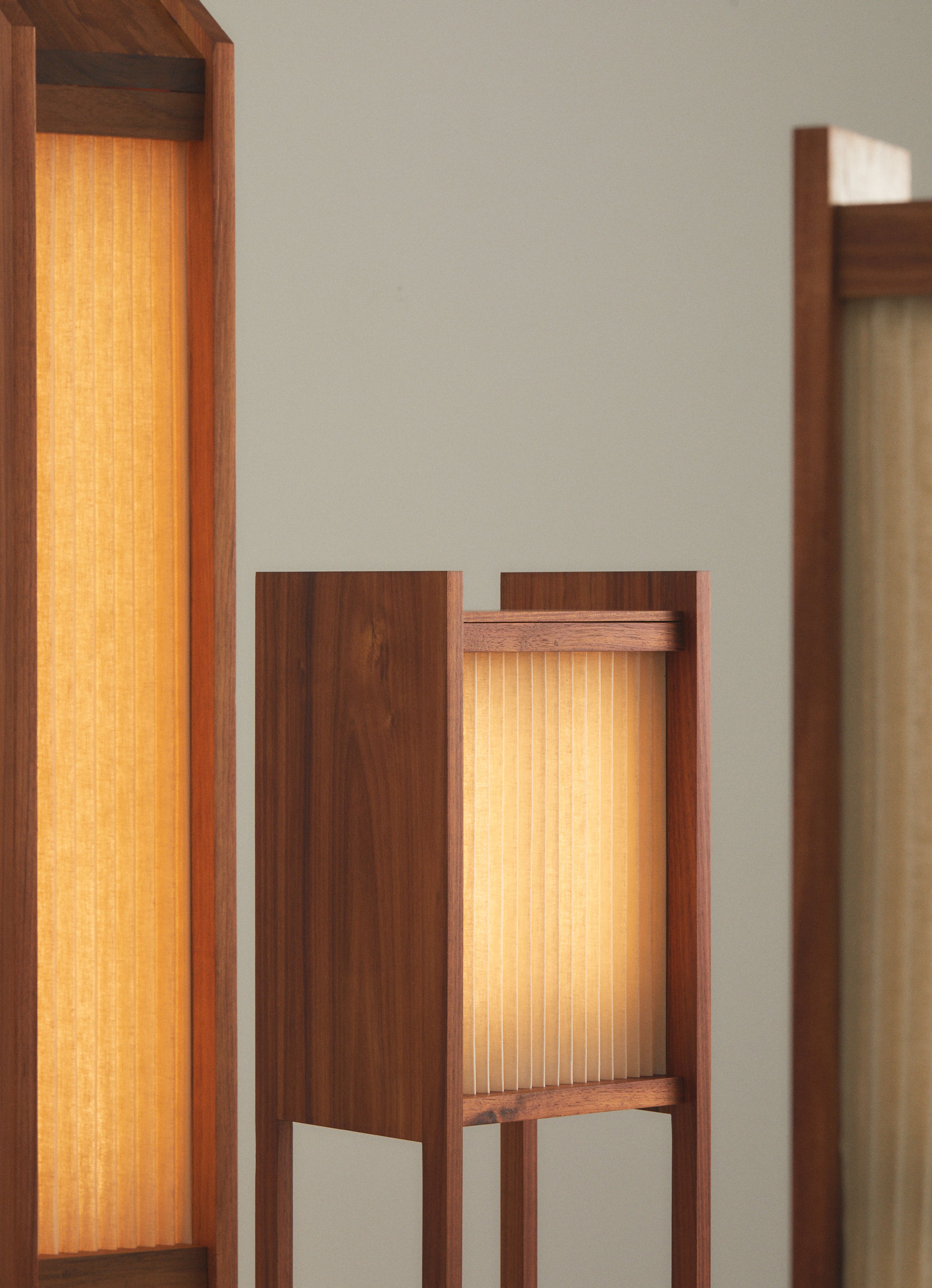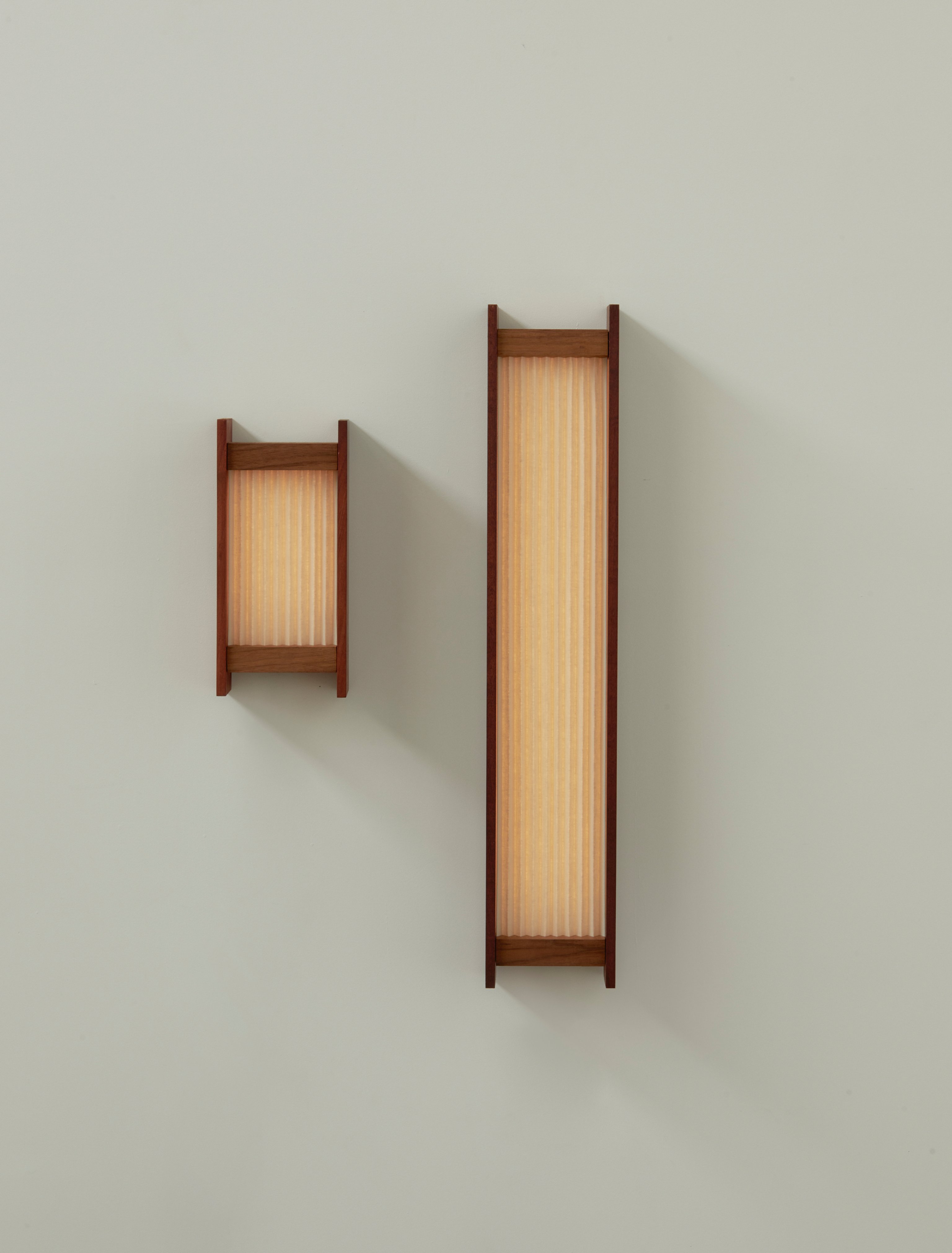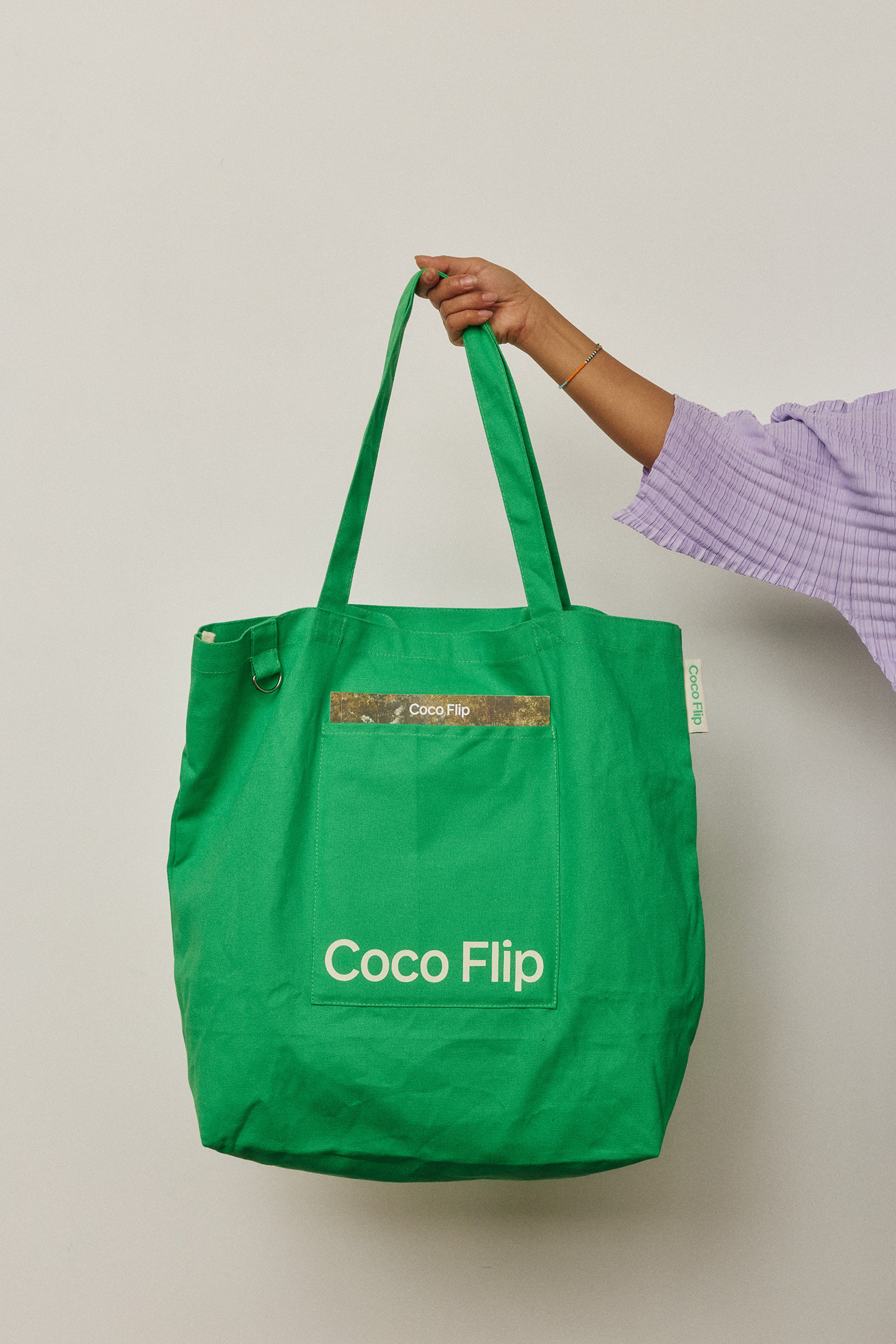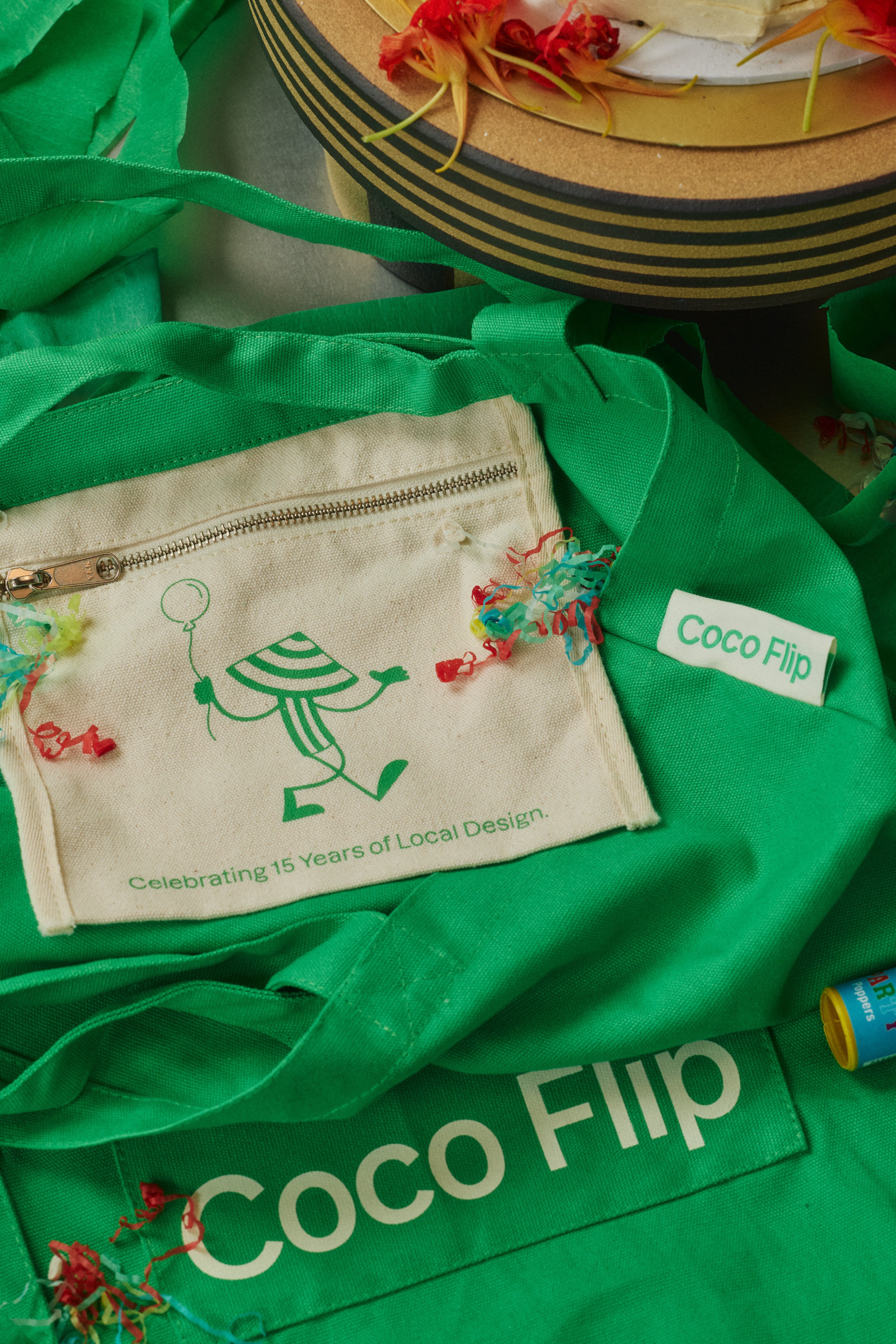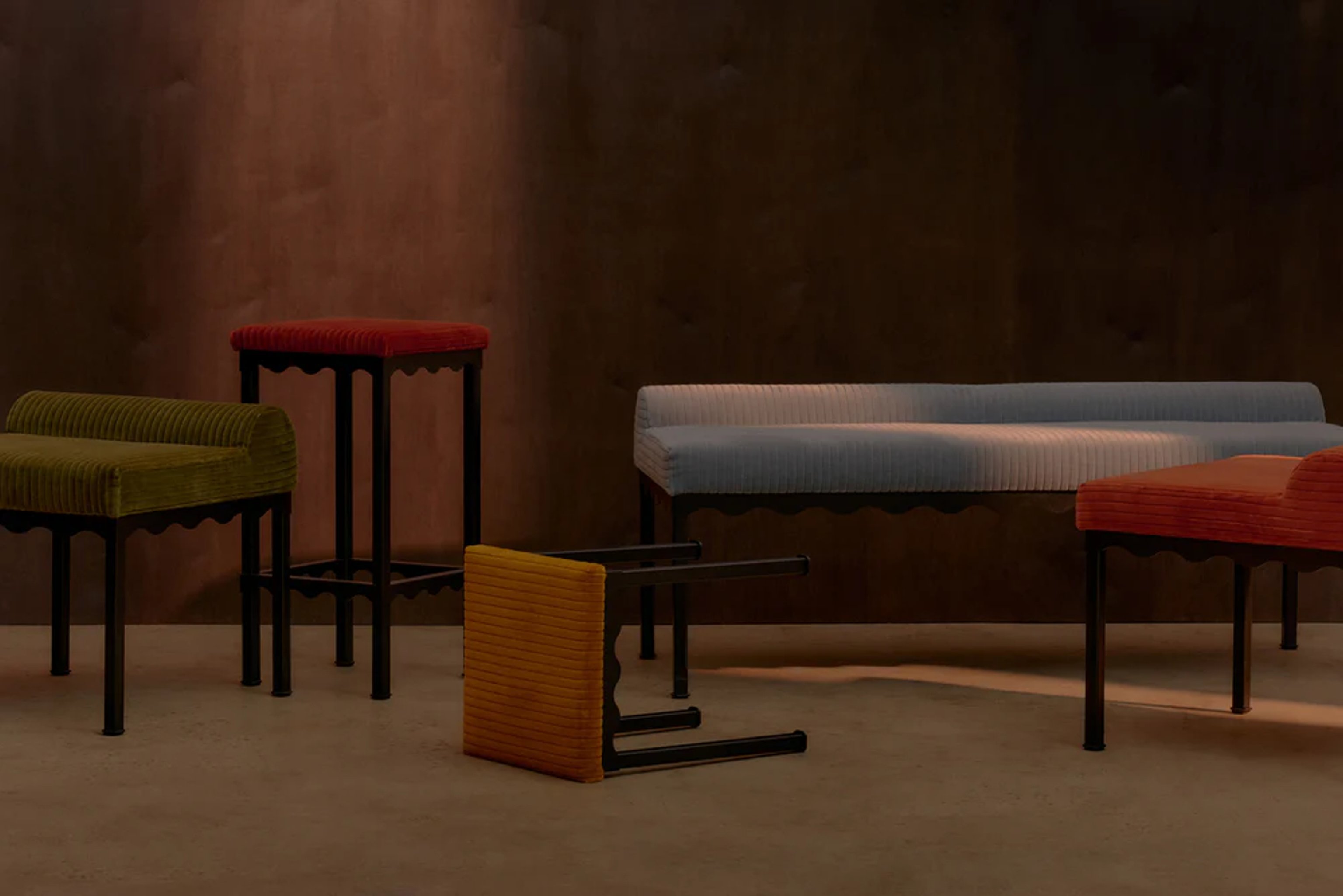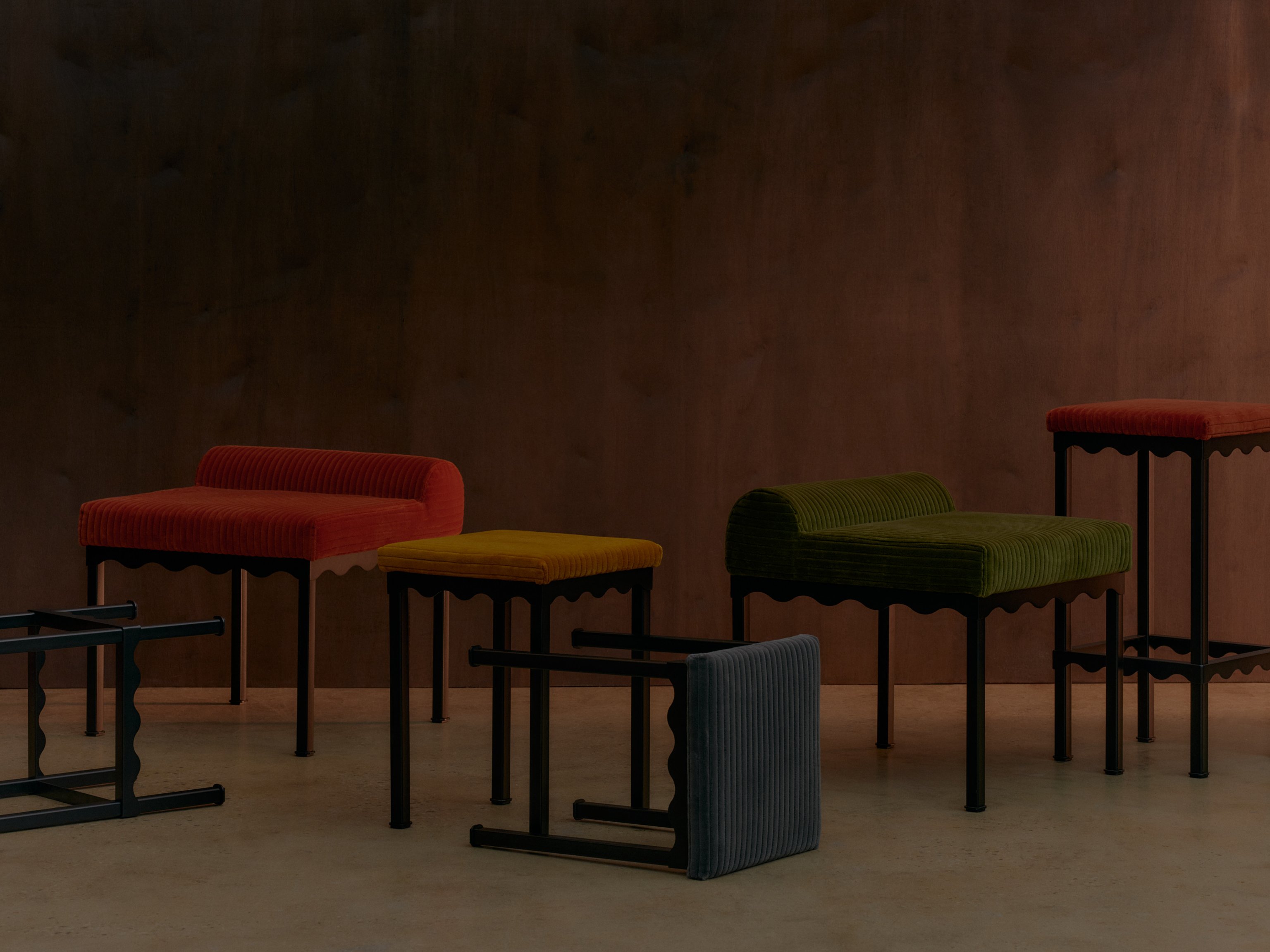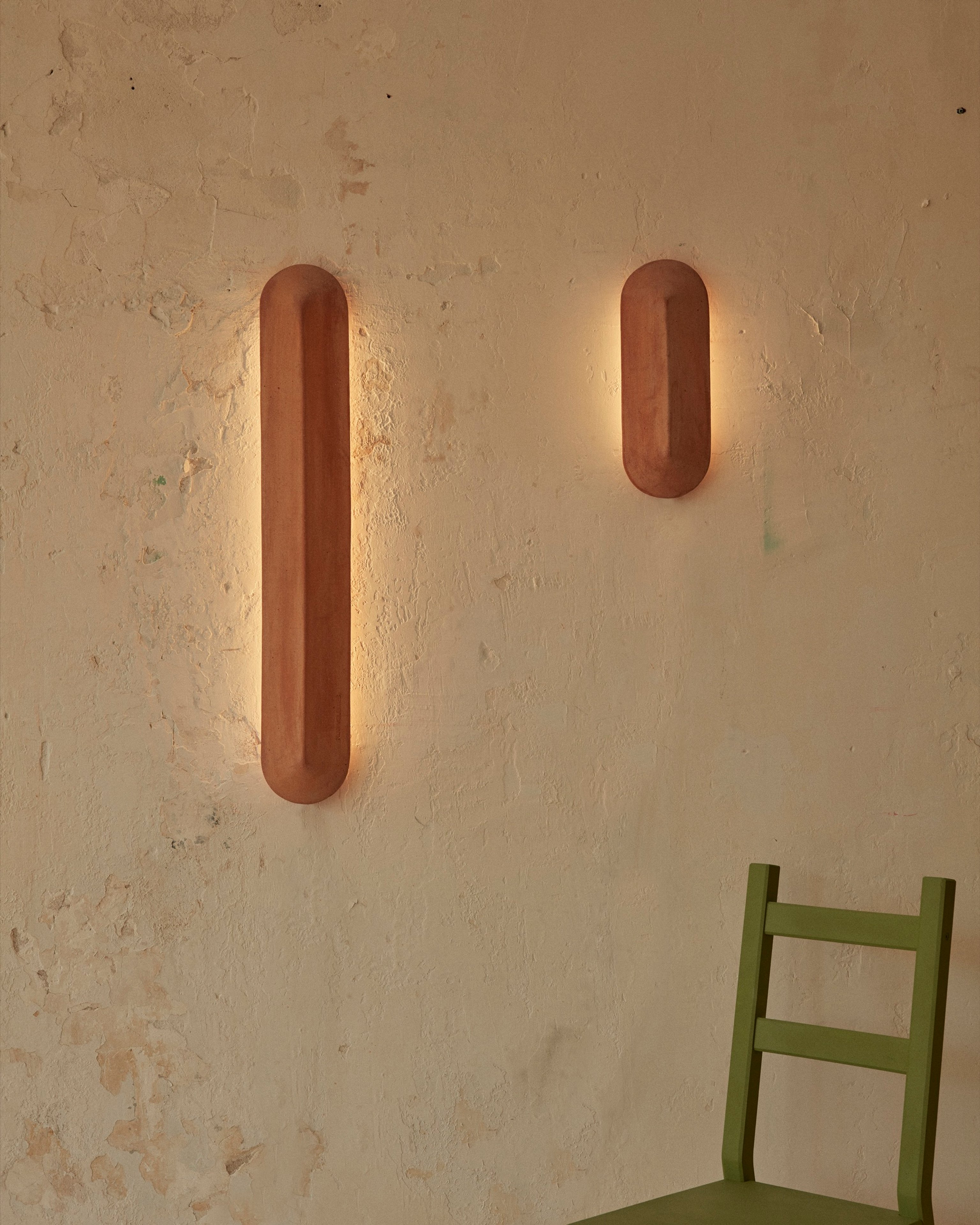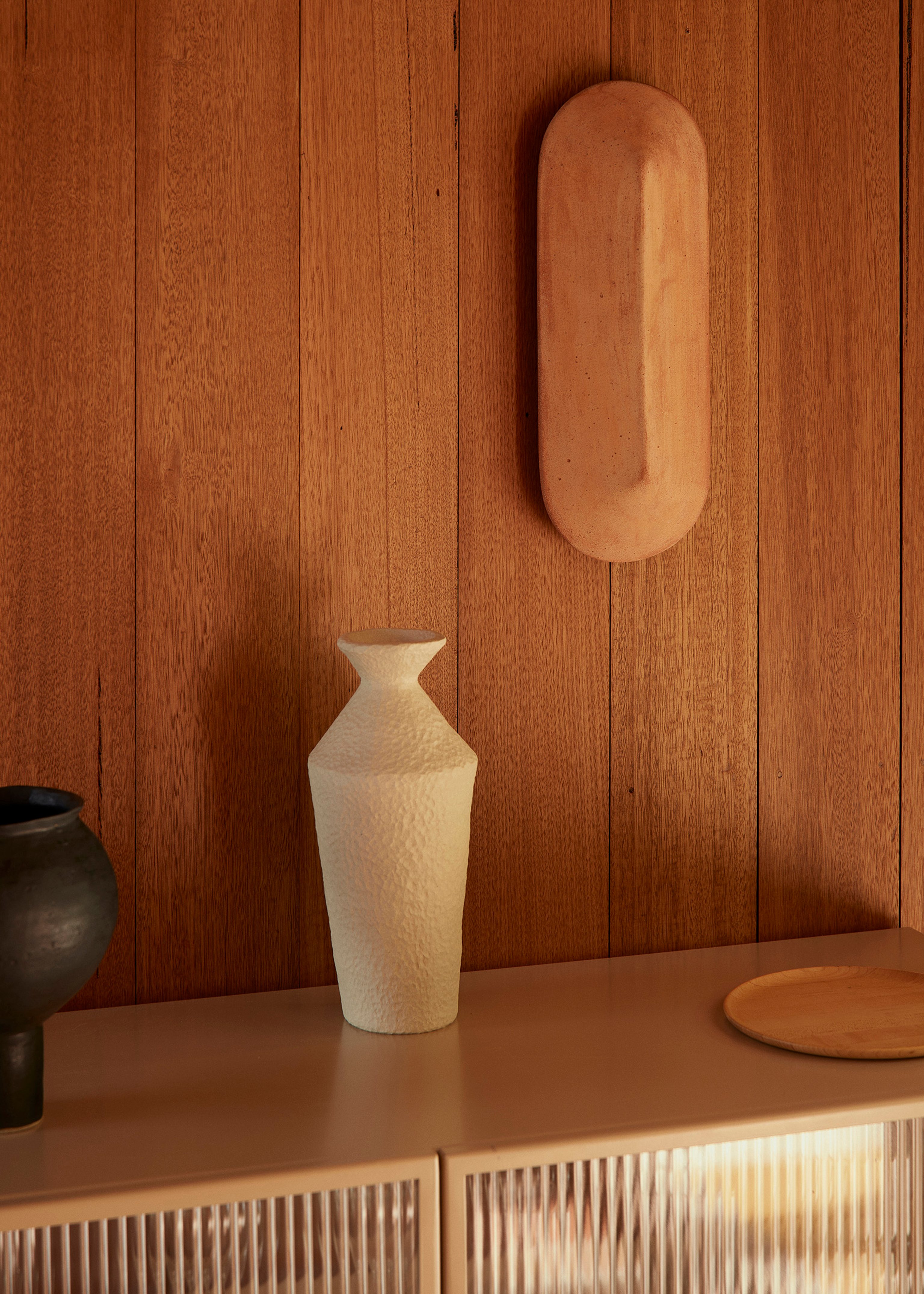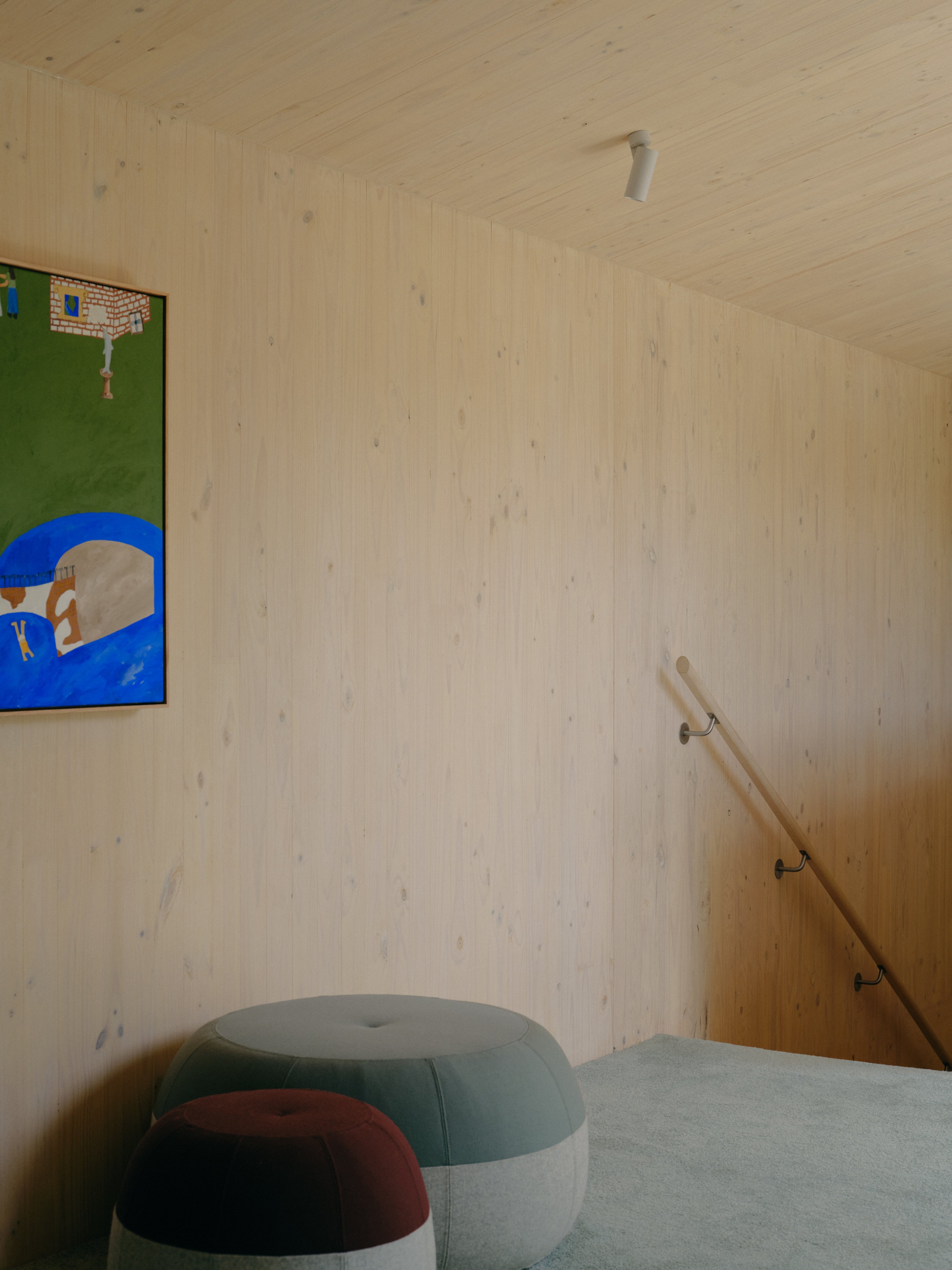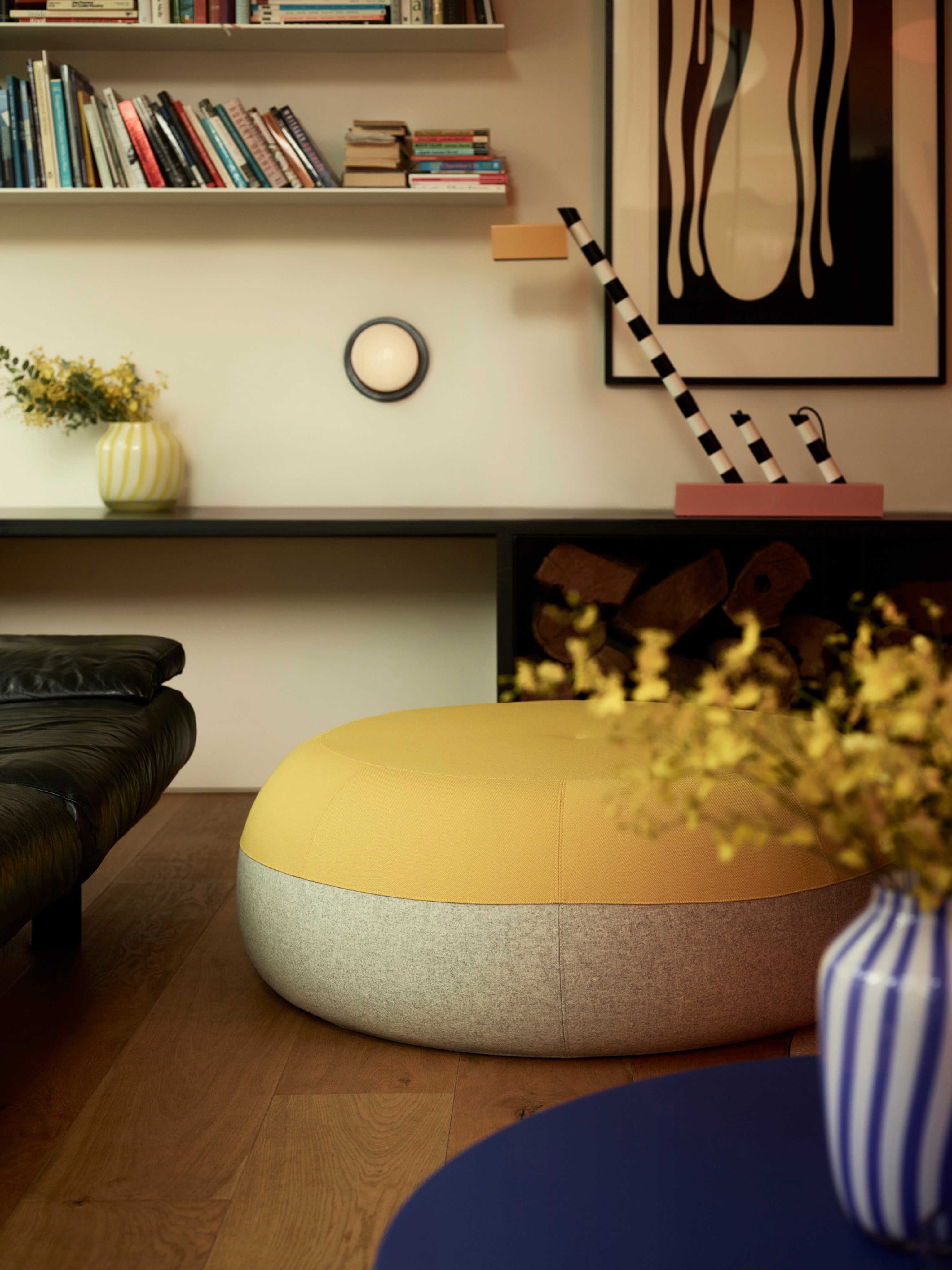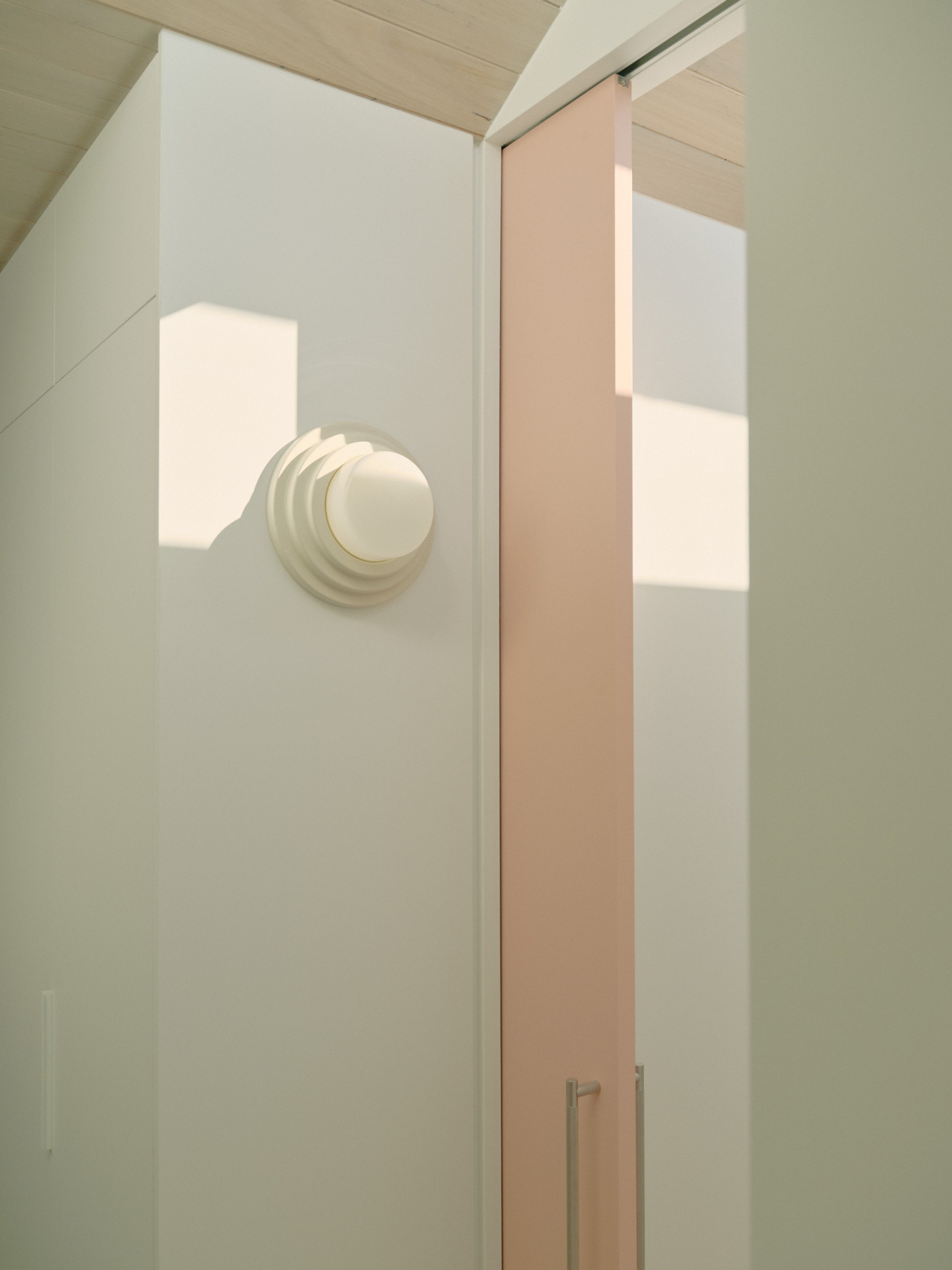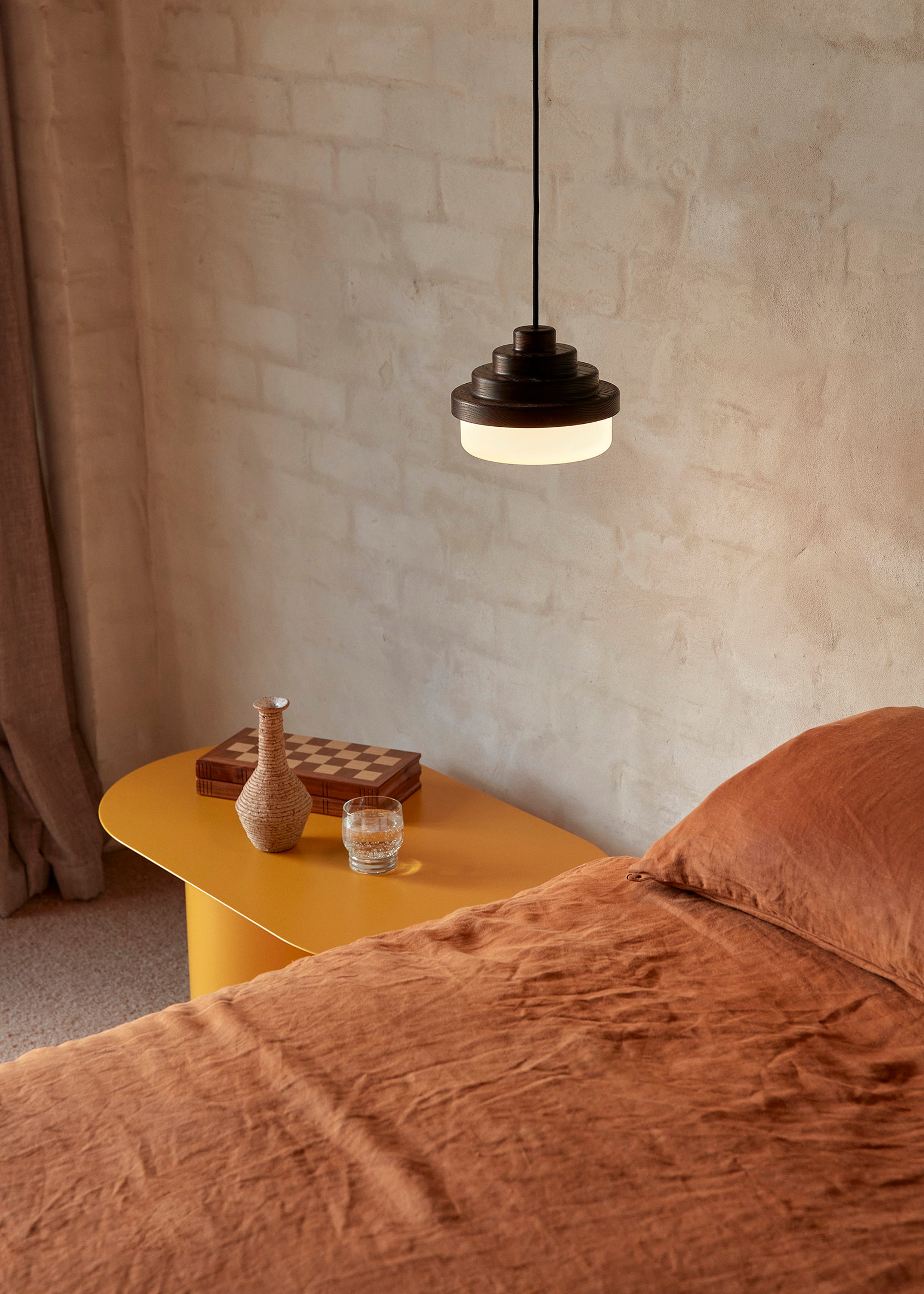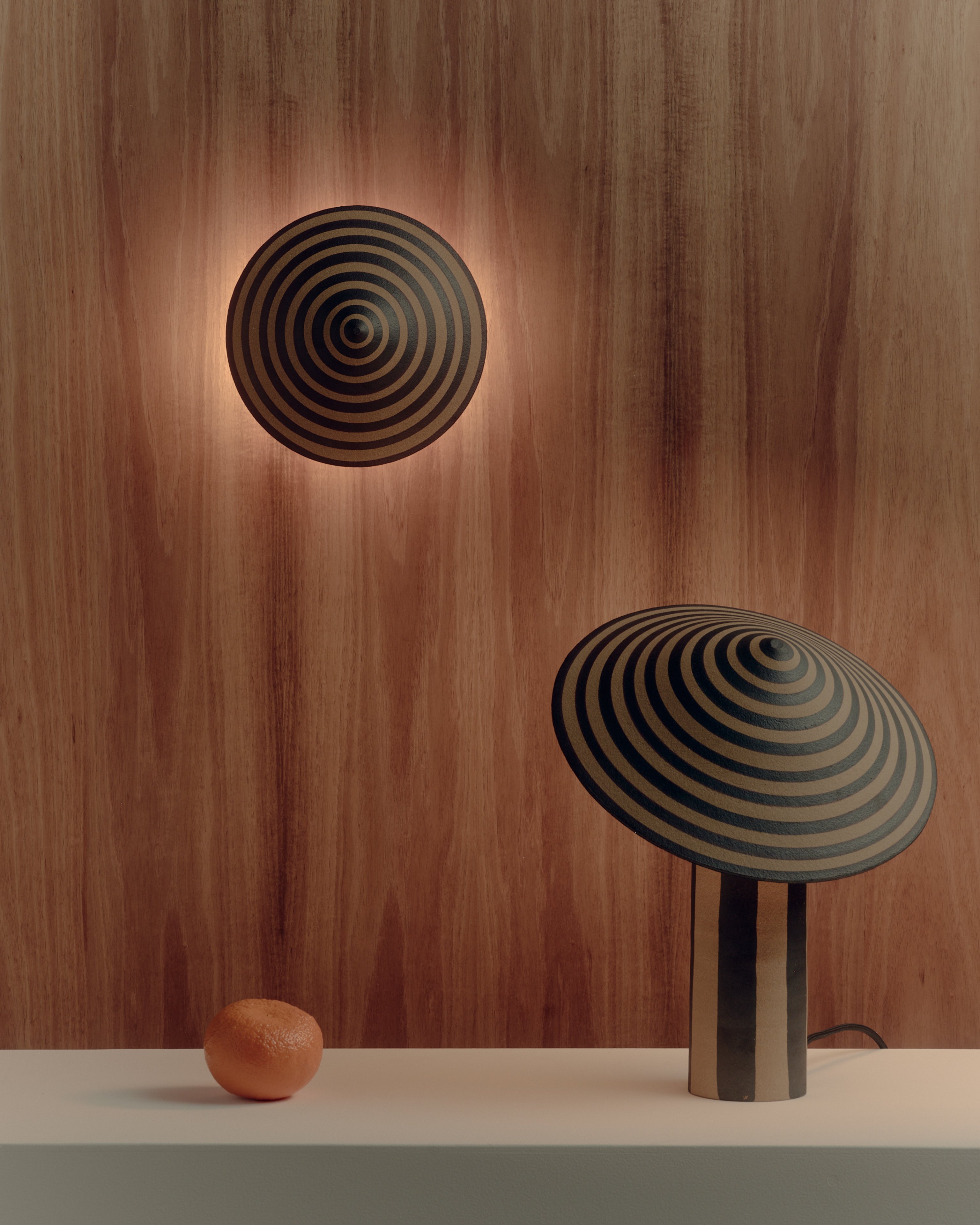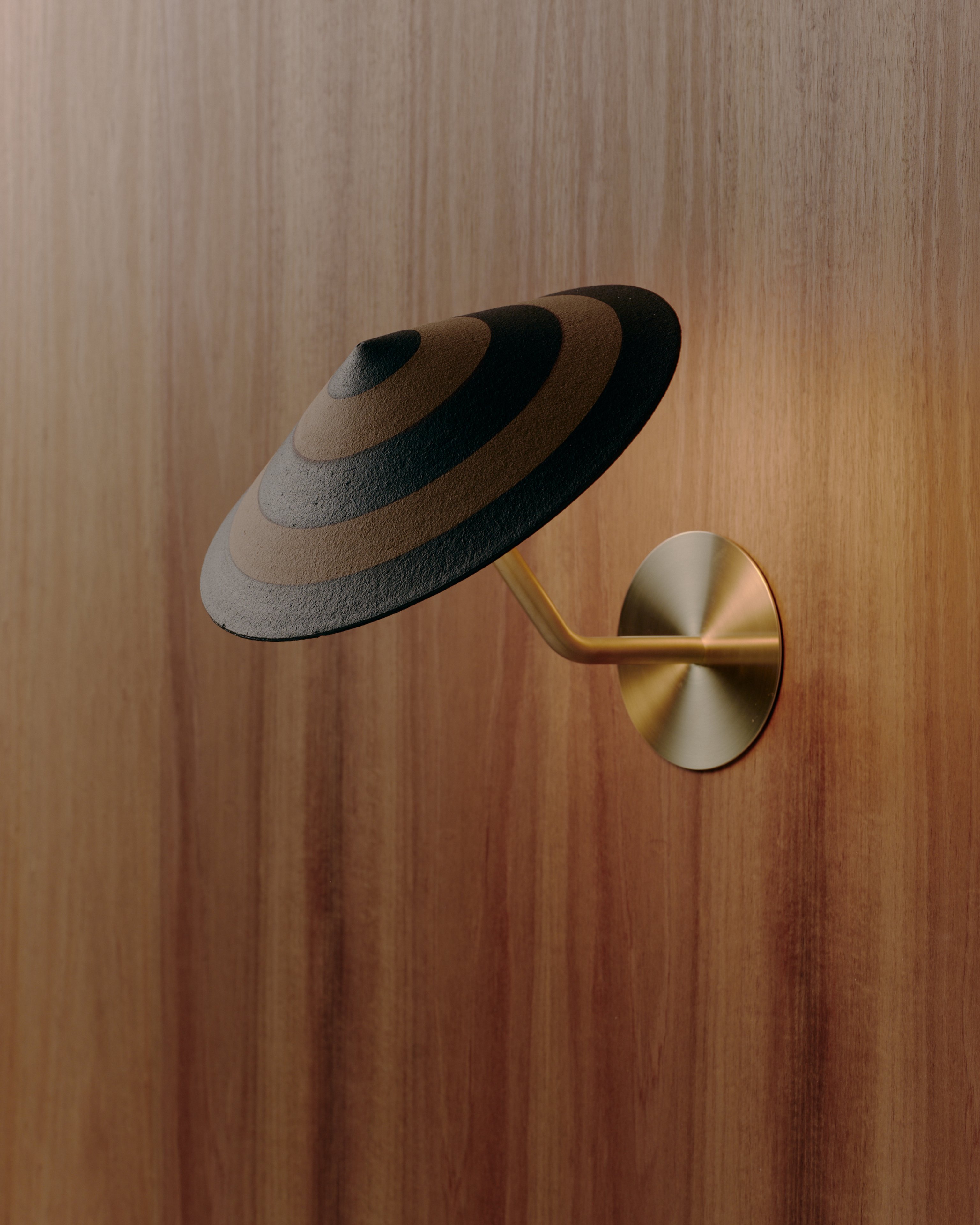Community: In Conversation with Sean Brickhill, Curator of First Edition Library
Founded by designer and collector Sean Brickhill, First Edition Library began as a way to share rare and lesser-known books celebrating art, design, and culture. After a series of pop-ups and online showcases, the library has now found its first permanent home in Melbourne’s CBD. Here we speak with Sean to talk about how it all began and the vision behind his new space.
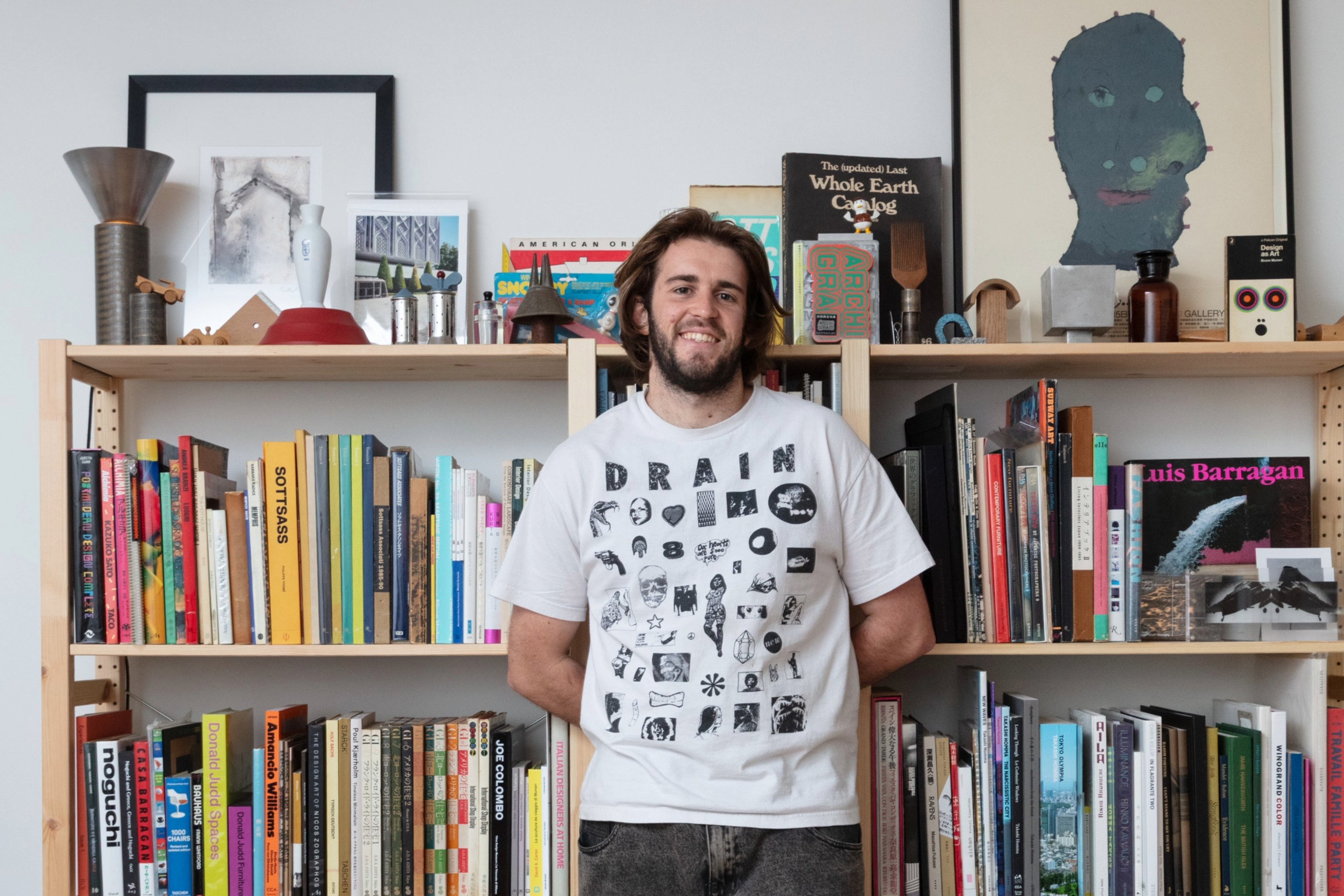
Sean Brickhill, founder of First Edition Library, Image by Selina Ou
Tell us about the early days of First Edition Library. How did it begin, and at what point did you realise your love of books could evolve into something more — a creative pursuit you could share with others?
First Edition was never meant to be a book shop. The idea started in late 2023 when I was asked to do an event at a venue in Melbourne. My idea for the event was to create a space to share the books I’d been collecting since my days at uni—books that people couldn’t just find in any old library. I had some good stuff but started to think just my books wouldn't be enough to draw people in.
I always double take when I see someone share a book or photo of their bookshelf online. Because of this I had a bit of a gauge on some names in the Melbourne creative scene who had great book collections. To bulk up this event I reached out to some of these people to see if they were keen to add some books to the event. To my surprise a few of them said yes. It wasn’t until after this successful first open library event that I realised this could actually become an ongoing project.
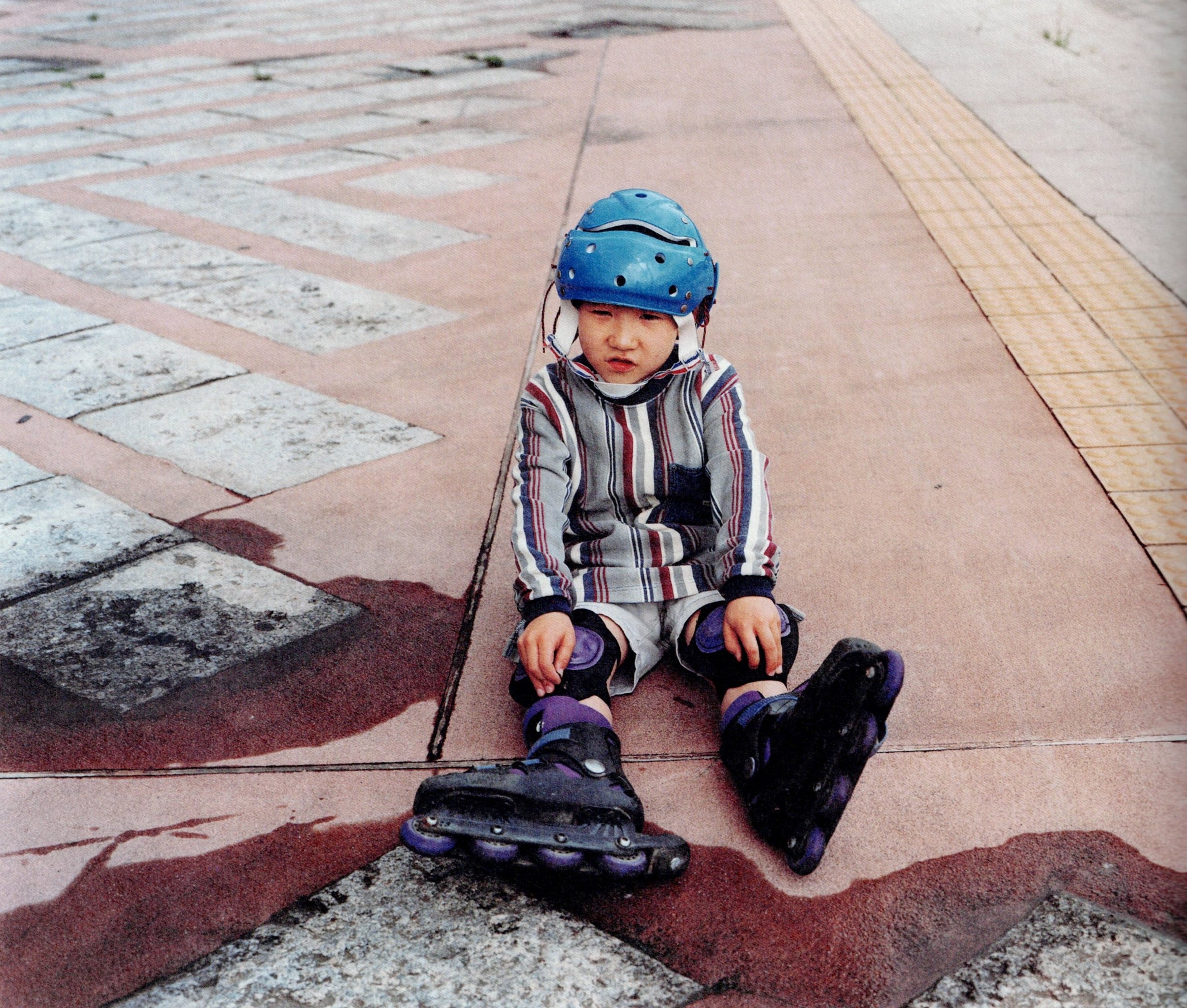
As the name suggests, First Edition Library is all about the beauty of books as they first appeared in print. What is it about first editions that captures your attention, and why do they feel so special to you?
The name is a little deceiving. Although we do carry a lot of first editions in store, the name 'First Edition’ was used as a bit of an umbrella term for rare and lesser known books. If I can source the first edition of a title for a decent price I will, however sometimes they’re not really what all my customers can afford so sometimes a second, third or 23rd edition is good too. That being said there are certain books, especially books that go back to the 50’s and 60’s that the first edition of the book is far superior to its reprints. Sometimes the book will be picked up by a modern day publisher who might redesign or edit the contents so this can change the book completely.
Technology may be more developed today but there is something about the quality of the printing in old books especially with photography books that can’t be reproduced any more and if it can it is rarely a financially feasible option for the publisher. If you compare a Gravure printed photography book from the 60’s to a digital offset printed book of today you will have a completely different experience looking at each book.
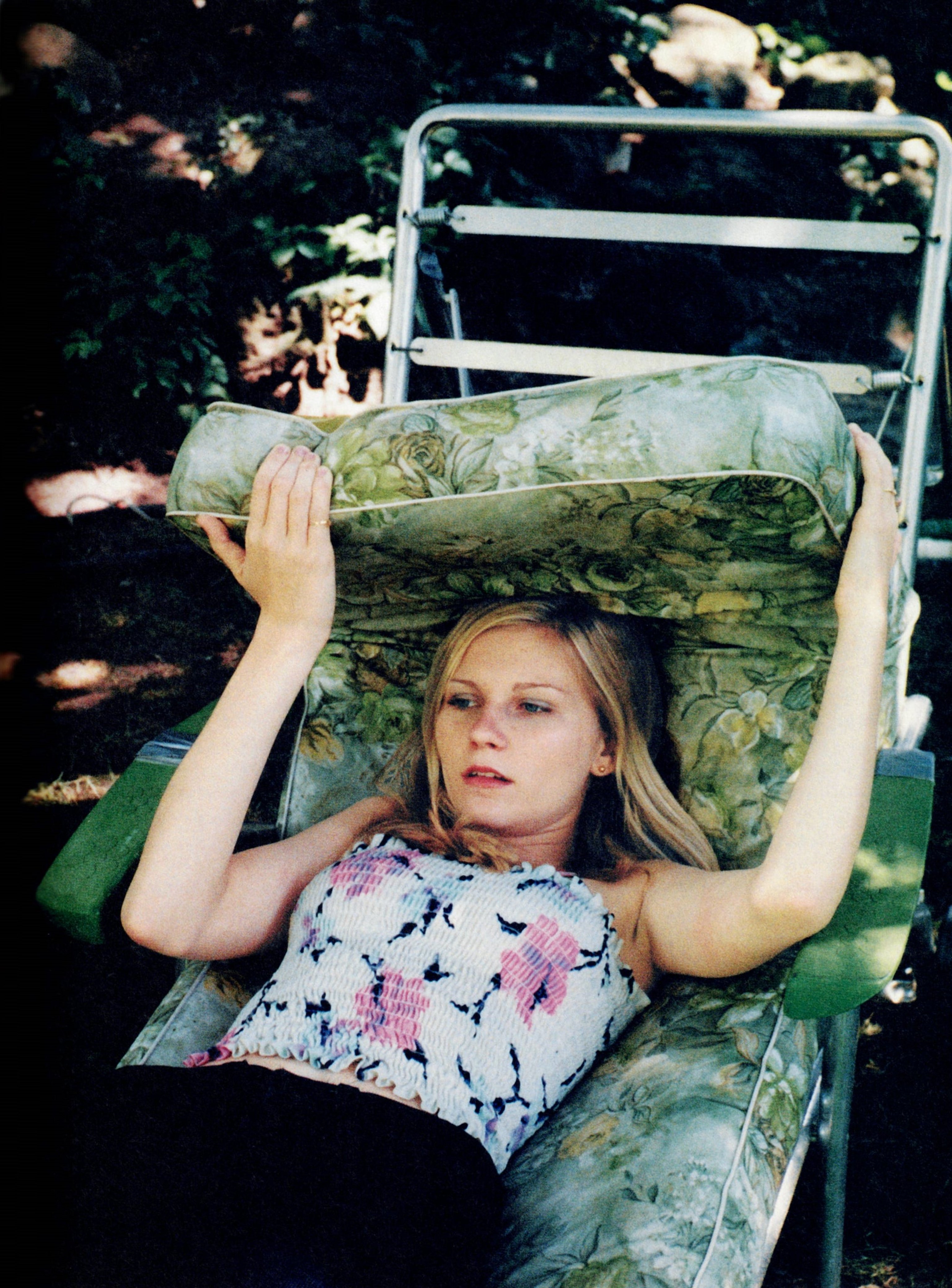
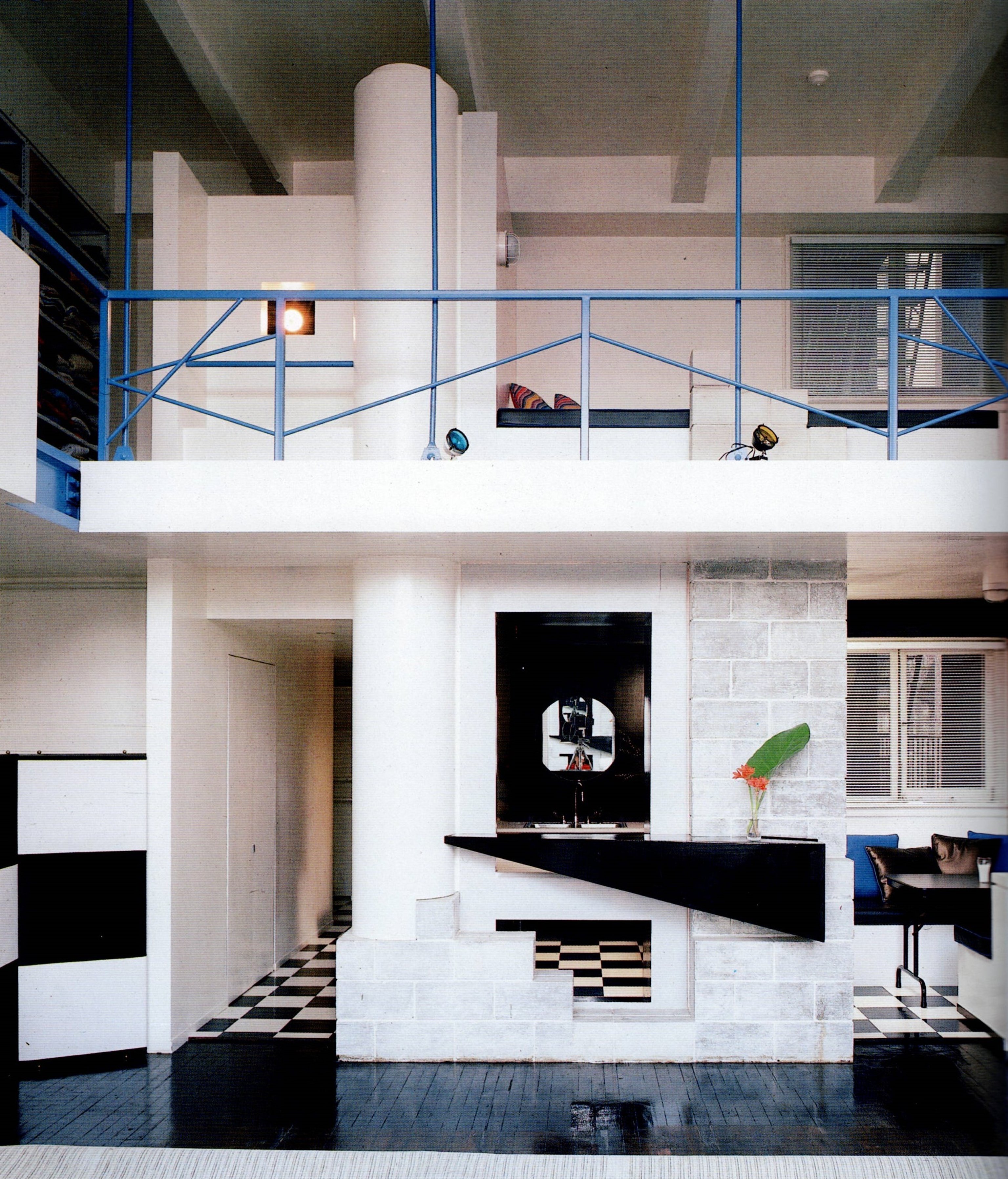
The International Book of Lofts
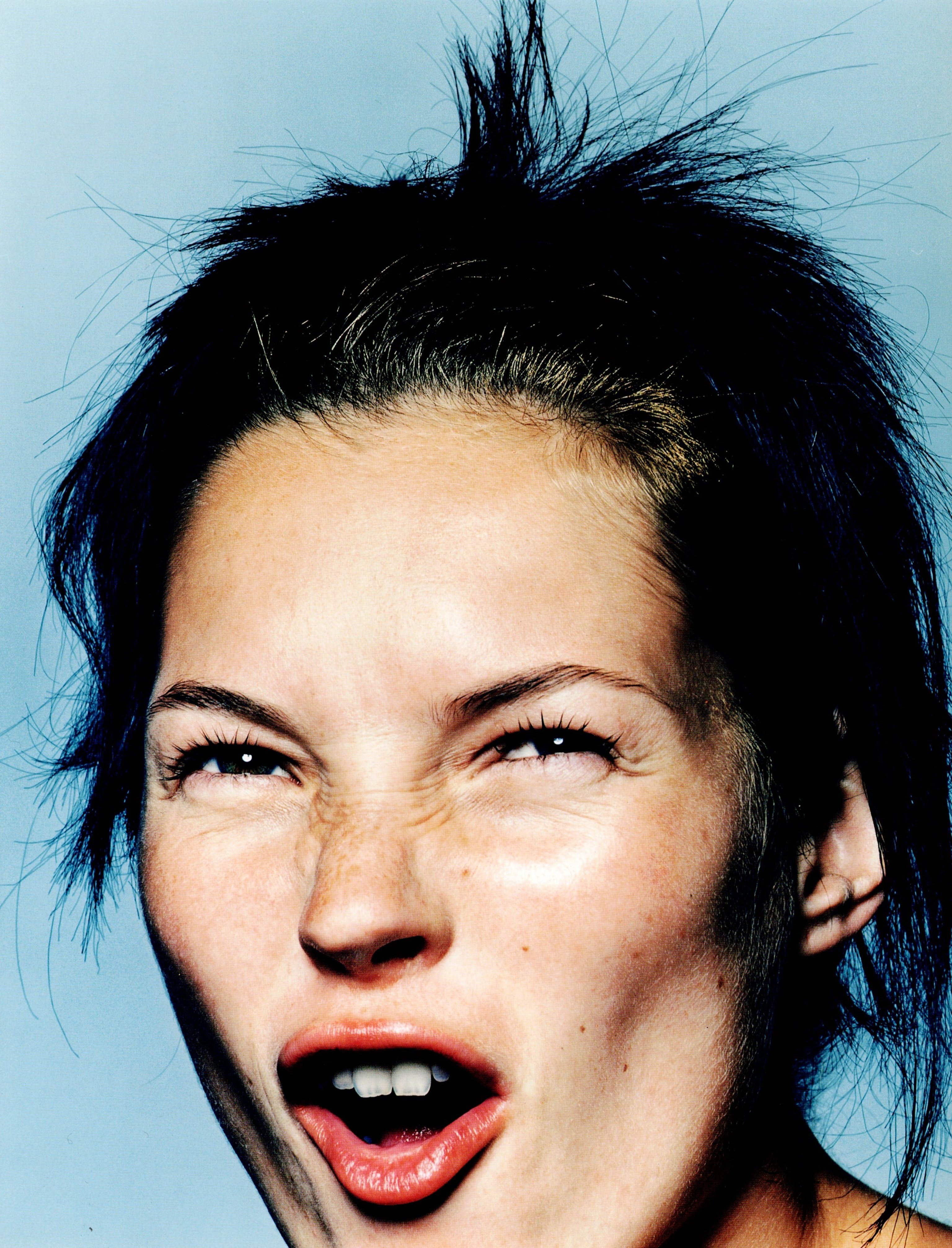
Kate Moss from Heads Hair by Guido
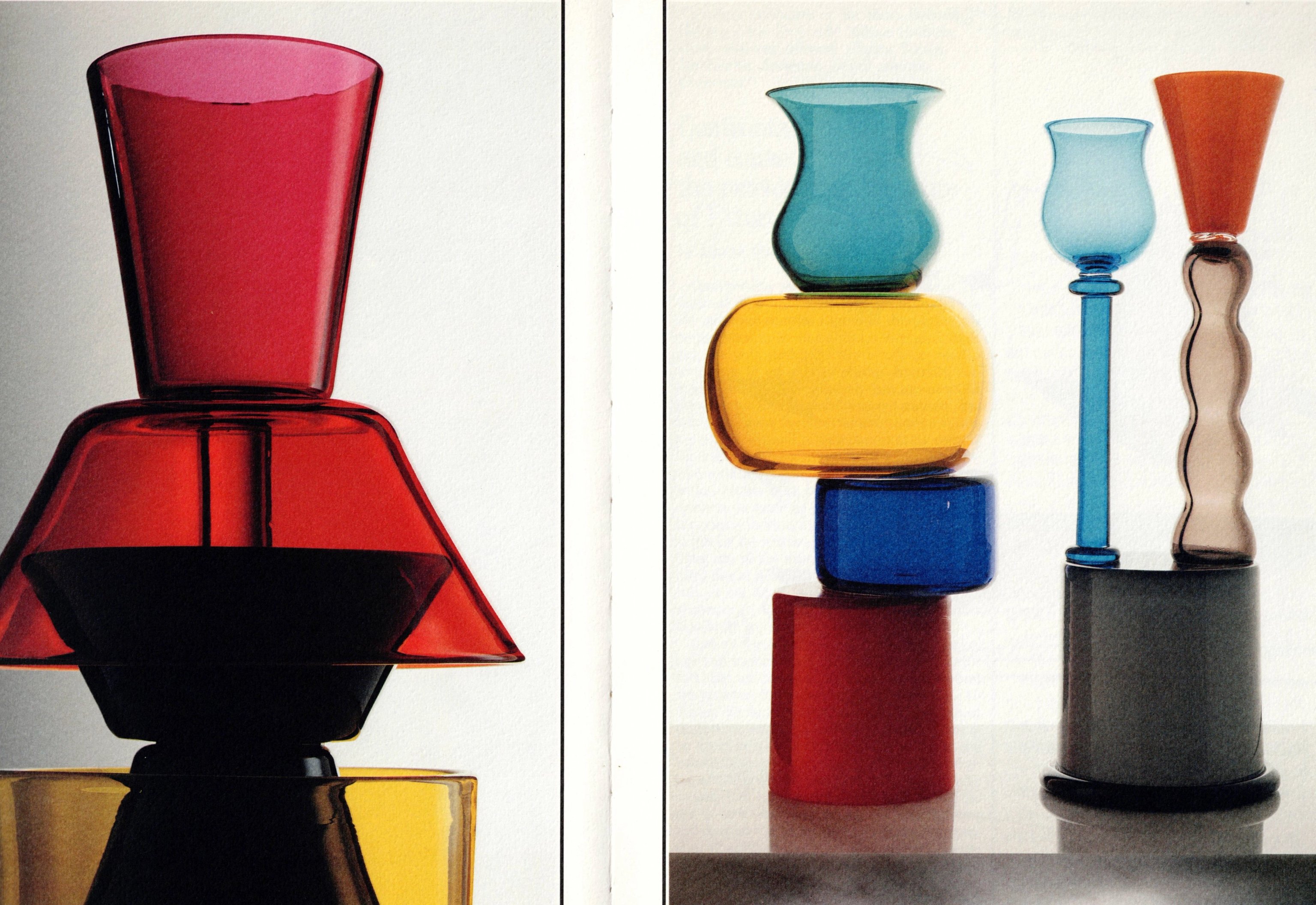
Ettore Sottsass Glass Vessels, Sottsass Advanced Studies 1986-90
Your collection is incredibly considered, with titles spanning art, design, and architecture. Can you share a little about your curation process — how you source these treasures, and what qualities make a book feel truly at home on your shelves?
That’s one of the main goals for First Edition, to have a considered collection of titles that covers not just one field of the arts. There are stores out there that specialise in just photography or just fashion and they’re great! But I try to cover a bit of each creative field. One, to reach a larger audience of customers but two, to show a furniture designer that they can find inspiration in a book on fashion or a painter that they can discover something inspiring within a book about French new wave cinema.
When I first started buying for the store I was mostly buying books I already knew about and that were of interest to me. Because if that book never sells at least I’d be happy to have it in my collection. That was a safe way to go about things. These days I’m taking more risks and purchasing more towards what I think my customer will find interesting even if it’s not something I would want to own. This is great though because I’m finding things in books I never thought I’d enjoy.
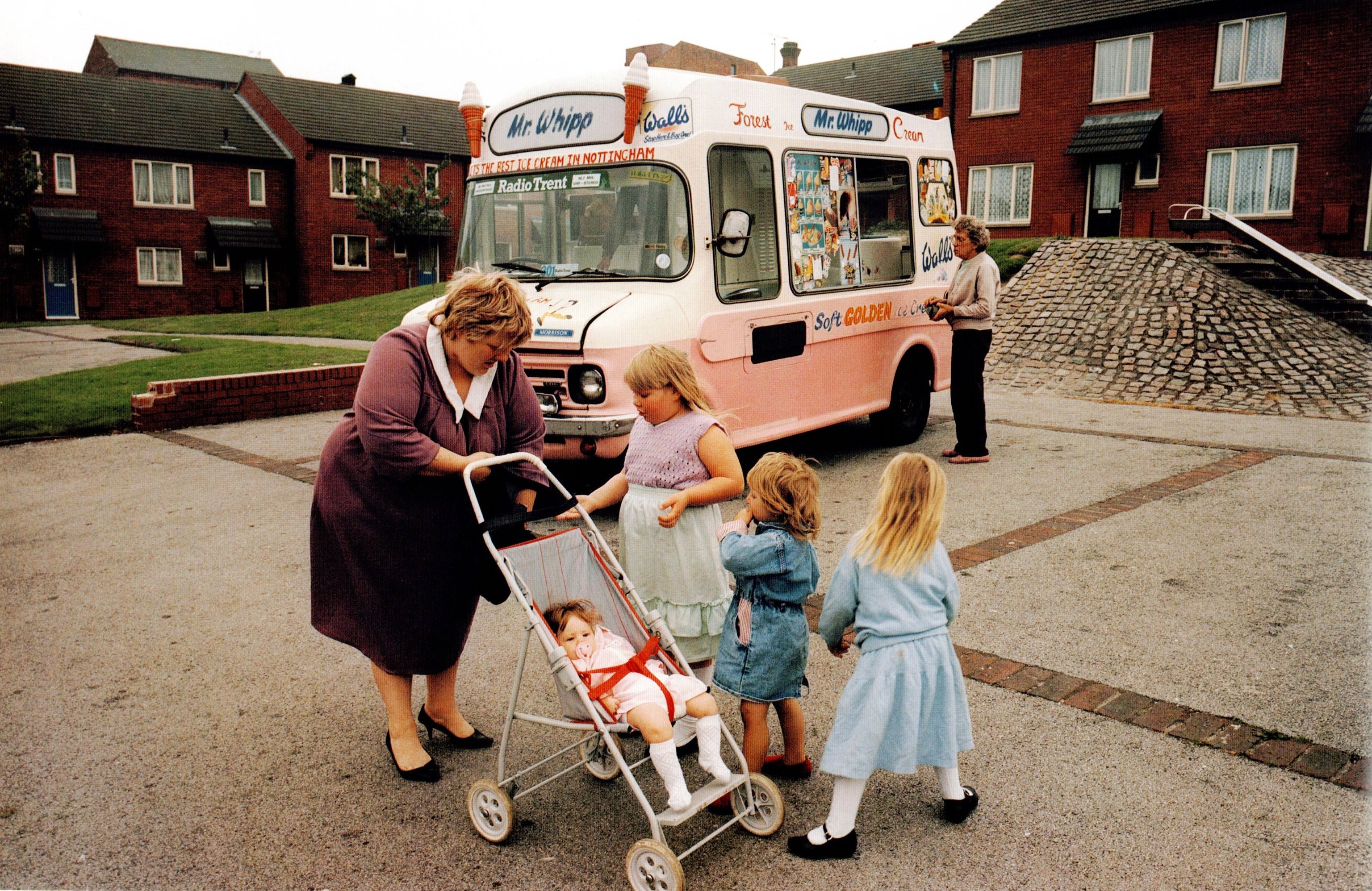
"Buying can be tricky. I’ve got a huge mental catalog of books I’d love to source for the store but the whole point of the store is they’re ‘rare’ books so finding them isn’t necessarily easy and even if I do find a copy it's not always at a price that I can make a profit on. In the beginning I was happy to make $10 on a book if it meant I could supply my customers with something incredibly rare for a really good price. Now that I’m paying rent on a store I have to be a bit more thoughtful about whether the purchase is the right one. I’m always trying to source things to be able to sell it for less than it can be found in other stores so that can make buying tricky but it forces me to search deeper."
Have books always been a passion for you, or was there a particular person, place, or moment that sparked your fascination with collecting and reading?
I often joke with friends that for someone who owns a book store I'm a really poor reader of books. I think that's why I gravitated towards photography and design books. I'm a very visual person. I grew up with two parents who were both teachers so I read a lot as a young kid. As soon as reading became a forced component in high school I stopped enjoying it. That’s when I remember discovering the art book section of my school library.
I’ve always been a collector of things. I grew up the son of a comic book collecting father. To whom I credit my collecting bug. The love for collecting photography books didn’t come until I was about 17-18 when I discovered that I could own the work of some of my favourite skate photographers in the form of a book. Then again in university when I saw a peer reading the ‘Sottsass’ book by Phaidon something about that book made me want to own it so straight away I went online and found the cheapest copy for sale and bought it. That one was a bit of an aha moment. Books were a way to teach myself the history of design and how to draw from the work of others at my own pace.
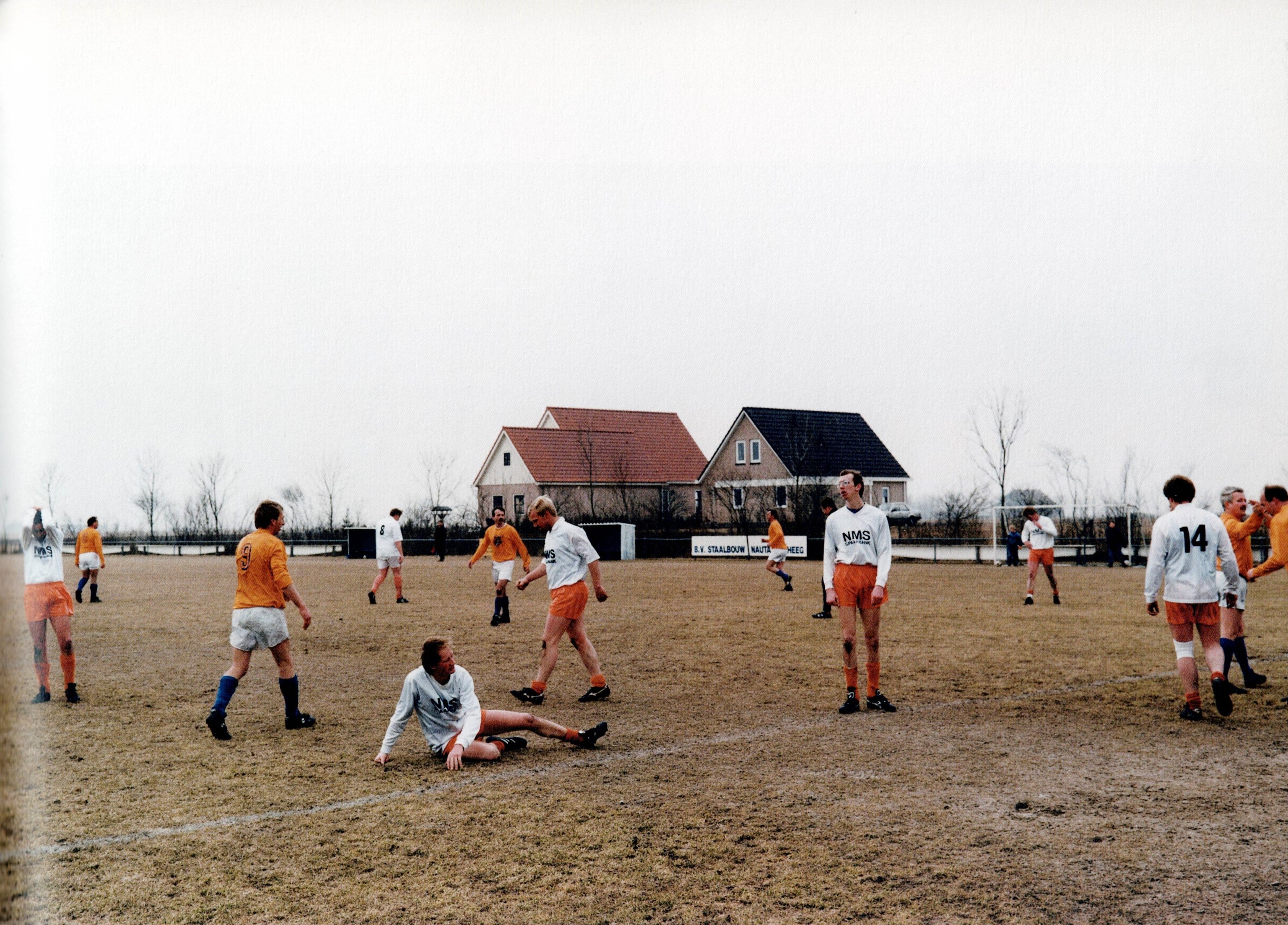
You’ve just opened the doors to your very first bookstore in Melbourne’s CBD. What made you want to take that leap and turn First Edition Library into a physical space?
Just like selling books, having a physical store wasn’t in the original plan for First Edition however after a year of selling through Instagram and pop-ups I quickly started to see that for the ‘business’ to grow I needed a store. Posting books online is kind of like when you watch MasterChef and you can’t taste the food. When you see a few images of a book online you just don’t get the real experience of the book. So having a physical space was really important for the customer to be able to experience that whole experience.
The new space is more than just a store though, it goes back to the roots of the initial idea behind ‘First Edition’ and doubles as a library of my personal book collection. A space for that kid who can’t afford to own the book but still deserves to experience it.
Now that you’ve moved into a physical store, how does it feel to see people experiencing the collection in person — and what kind of atmosphere did you want to create within the space?
It’s been great! People are coming through which is amazing. I’d love to see more people but it’s great to know that as hidden as the store is, people are still keen to come and see it. The space is small so you’re forced to at least say hi to me. It’s good though because it kind of forces the conversation and I can point people towards something they may never have known existed and now love. If you don’t like to chat there's also a place to sit and plenty of room to browse in peace. I don't want to be that annoying retail guy. I want it to be a place for people to feel like they can escape all the mayhem of the city and everyday life. If you want to be there for 5 minutes that is great and if you want to spend the whole day researching then that’s even better.
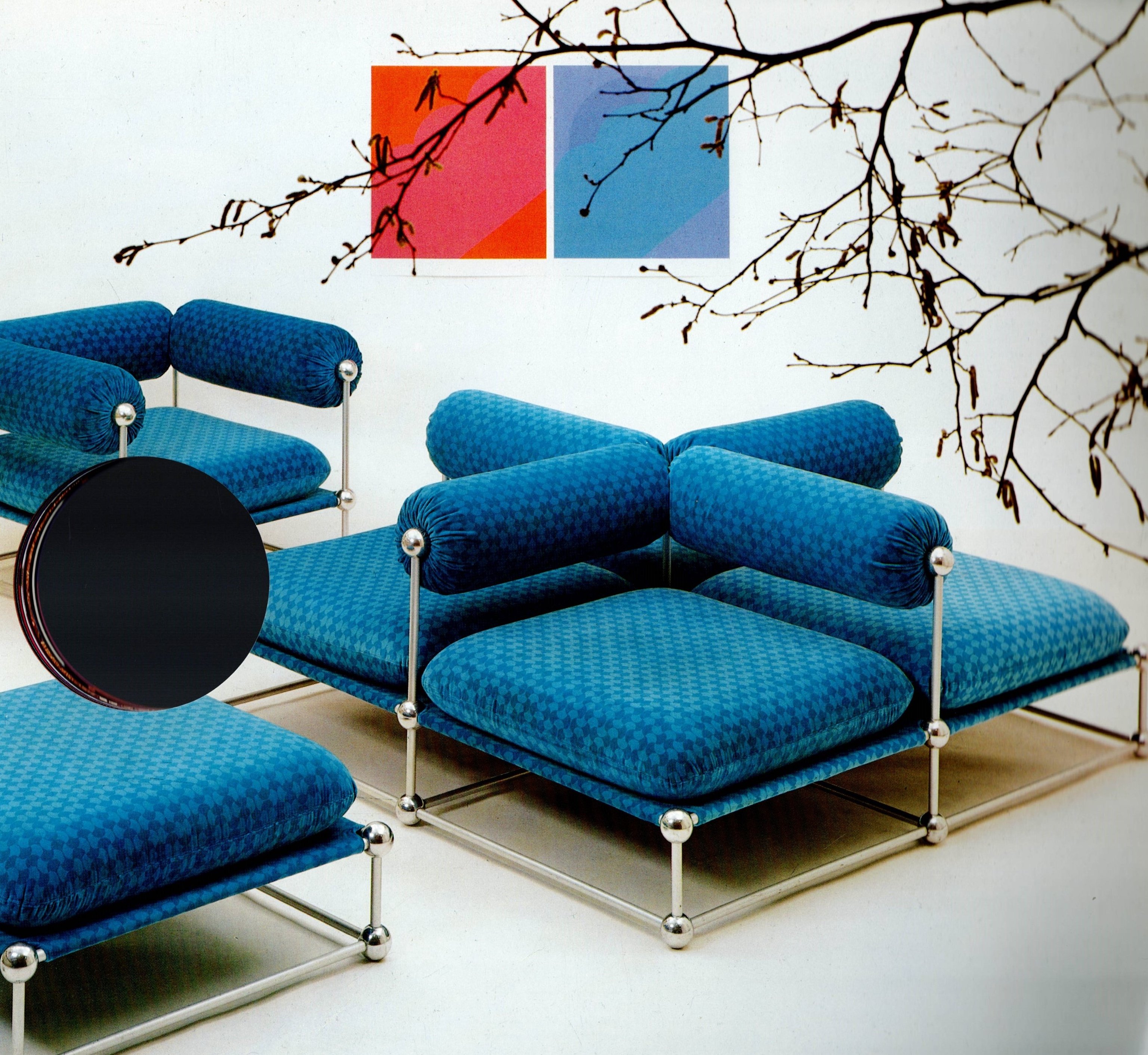
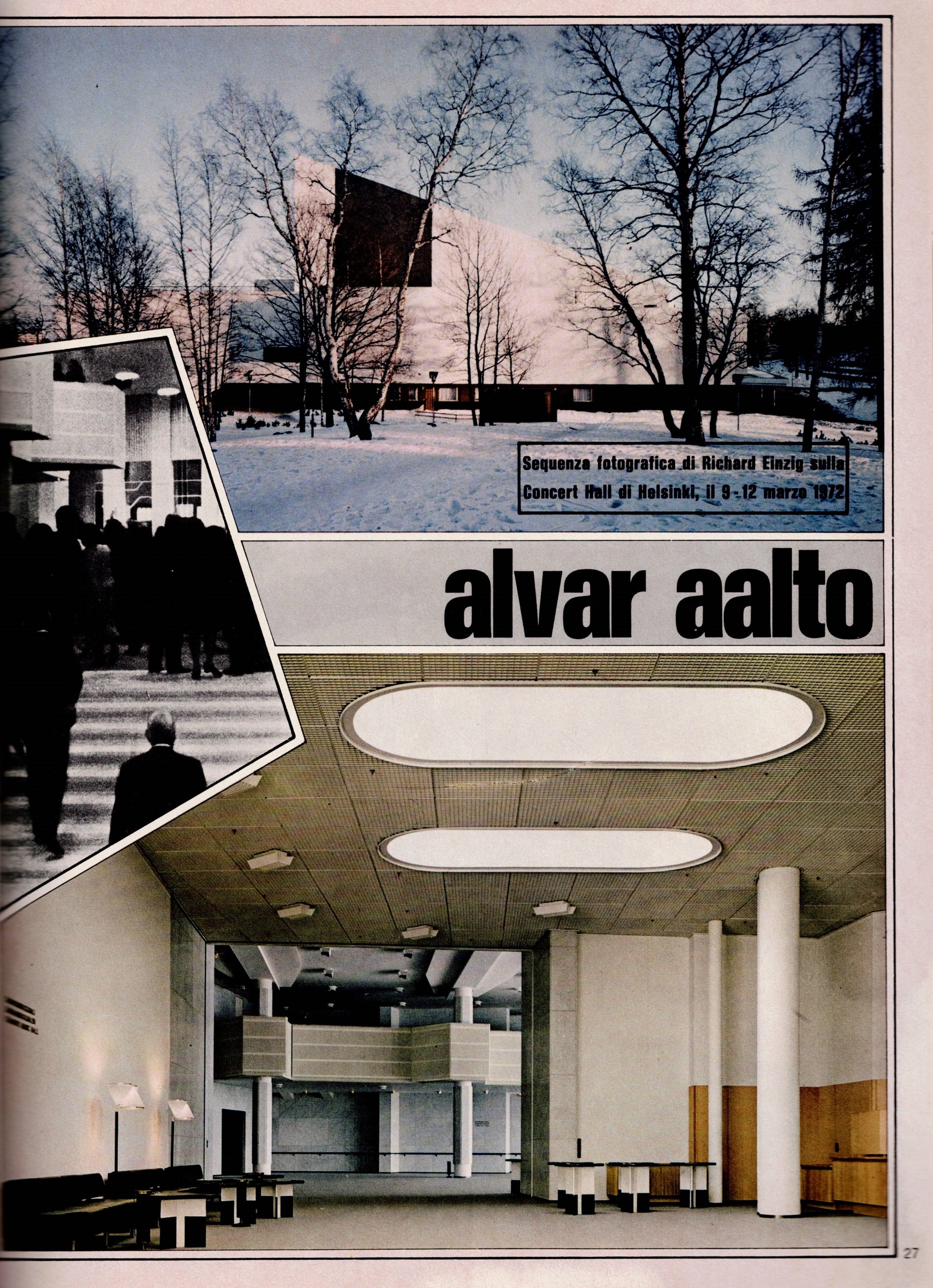
Alvar Aalto's Helsinki Concert Hall, Casabella 366
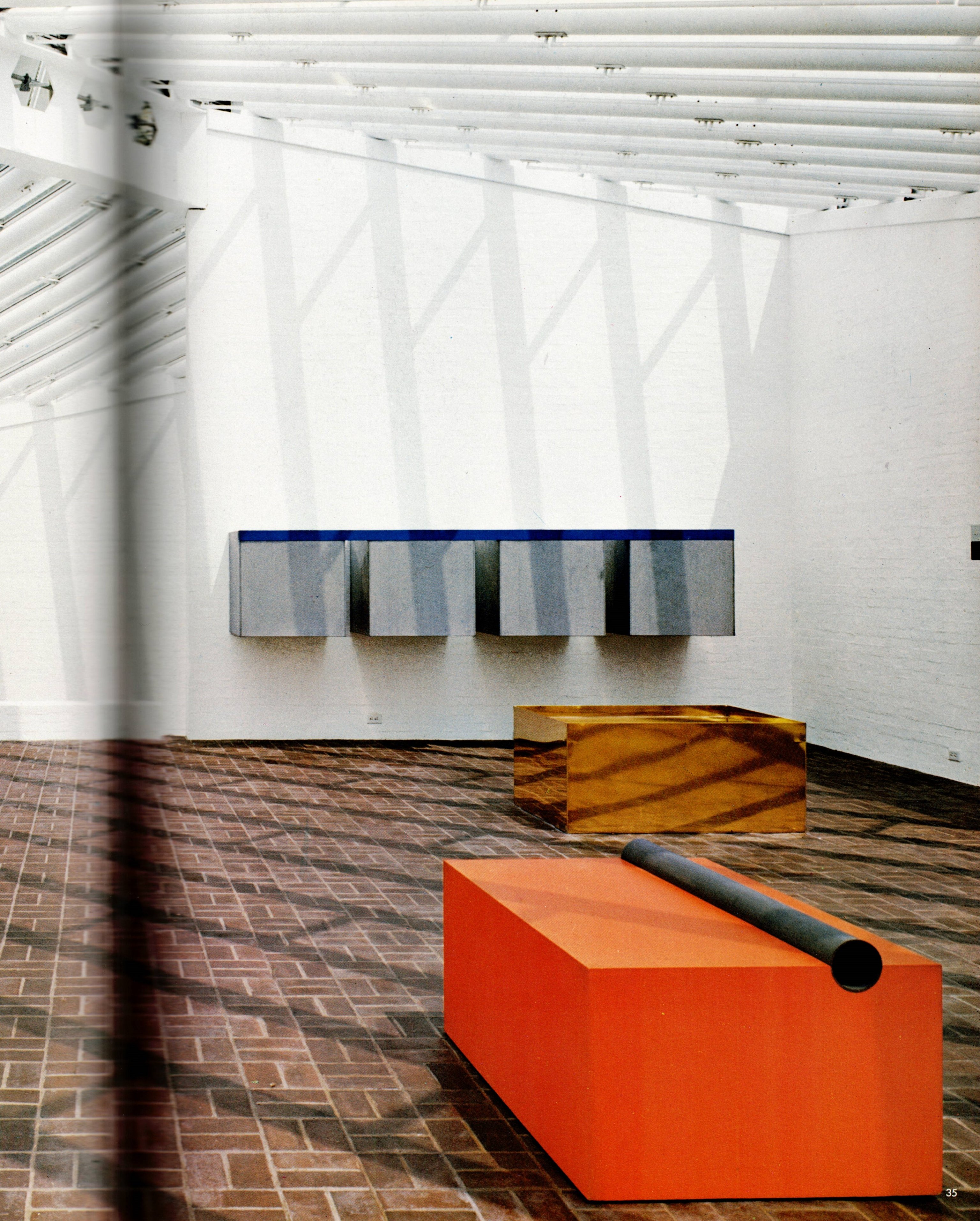
Donald Judd Sculptures in GA 12, Phillip Johnson Glass House
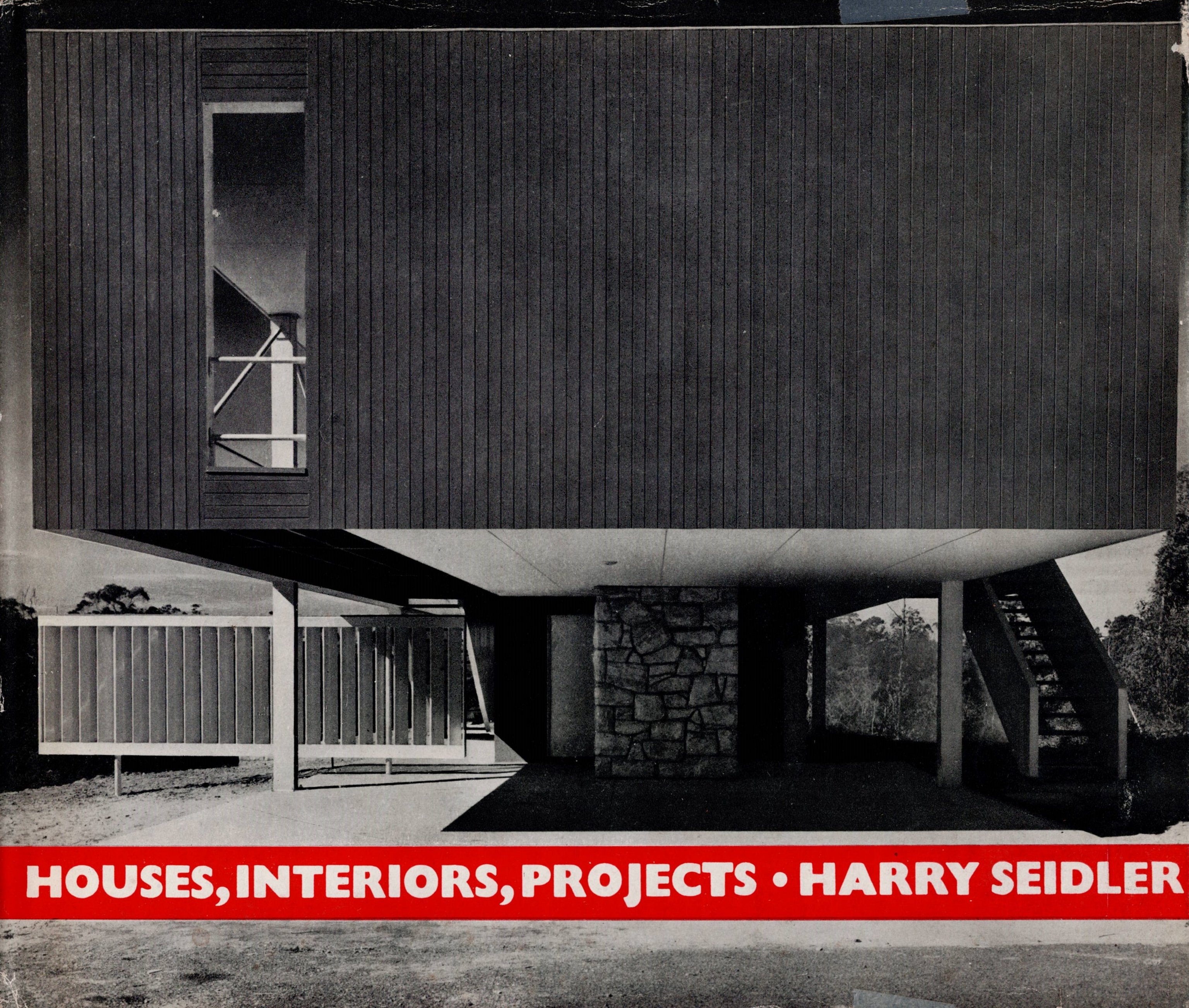
Houses, Interiors, Projects, Harry Seidler 1954
Finally, what’s next for First Edition Library? Are there any upcoming projects, events, or ideas you’re excited to explore?
I’ve got a few ideas on the boil. Next up and just around the corner is a pop up with my friend Jessica from SoupShop who has just started a sub business called ‘Alphabet Soup’ selling pre-loved clothing for children and babies. I’ve sourced some really rare and lesser known kids books by famous artists and graphic designers to go alongside her clothes. It's going to be great! That will be coming up on Saturday December the 5th at the store.
Another is the research service division of the space. I’m working toward creating a research and scanning service for creative directors, photographers, stylists, designers and really anyone who needs access to reference or research imagery. It will probably be a membership-based service where clients can come in and go through the library, bookmark pages and then have those pages scanned by me onto a drive for their use. As well as a mood-board creating service for any clients who have a brief and need some imagery to meet the project. It needs some fine tuning but if anyone is already in need of imagery reach out and you can be the dummy.
I also have some books I’d love to publish and a potential exhibition for Design Week 2026 on the cards too.
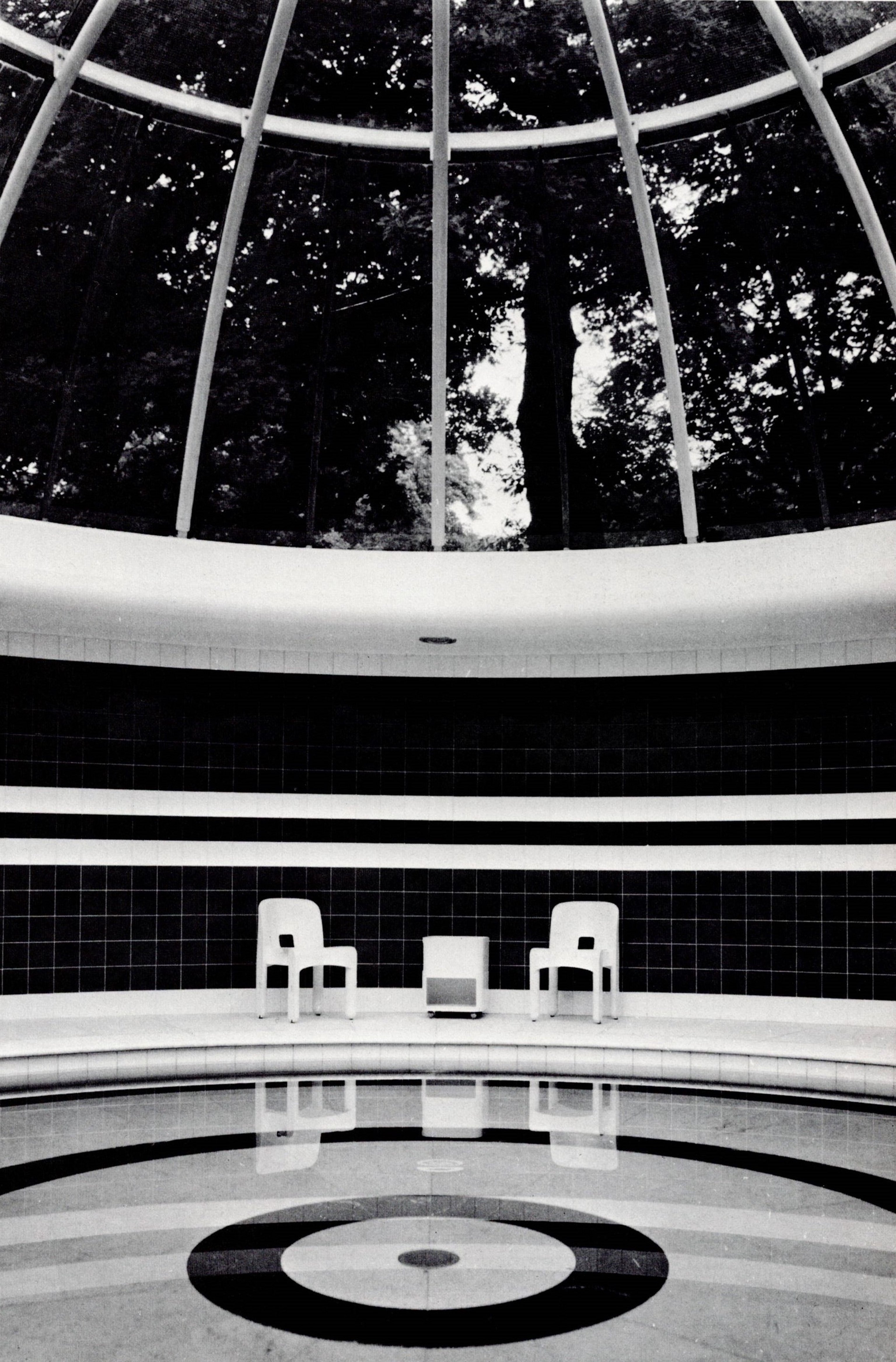
First Edition Library is a place to slow down, explore, and rediscover the joy of print. You can find them in Melbourne's CBD at 12 Collins Street, Level 4, Suite 54. The store is open from 11am to 5pm on Fridays and Saturdays. Check their Instagram for updates.
